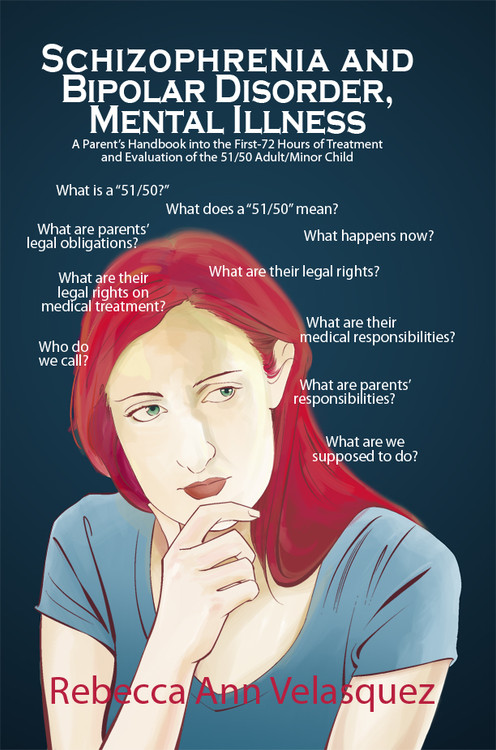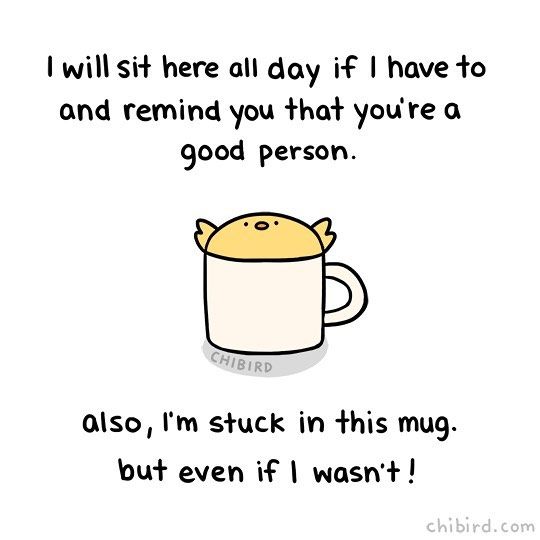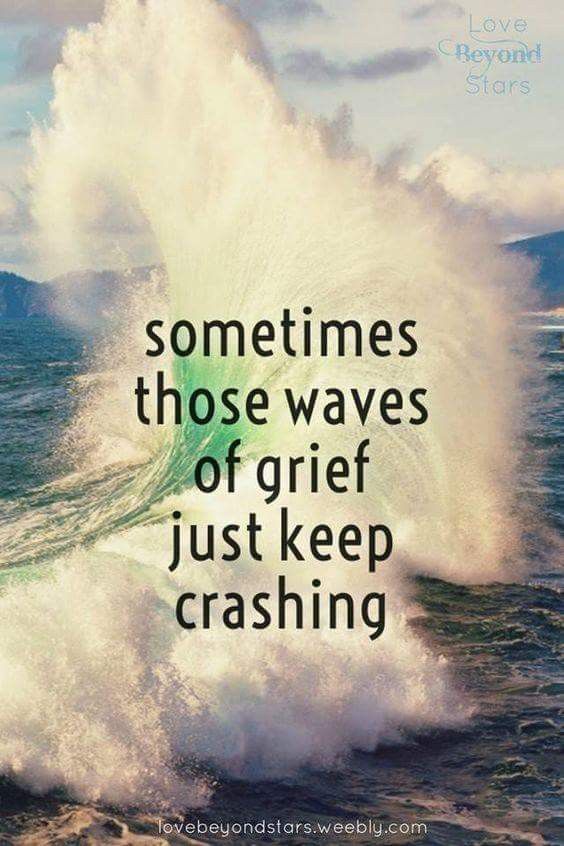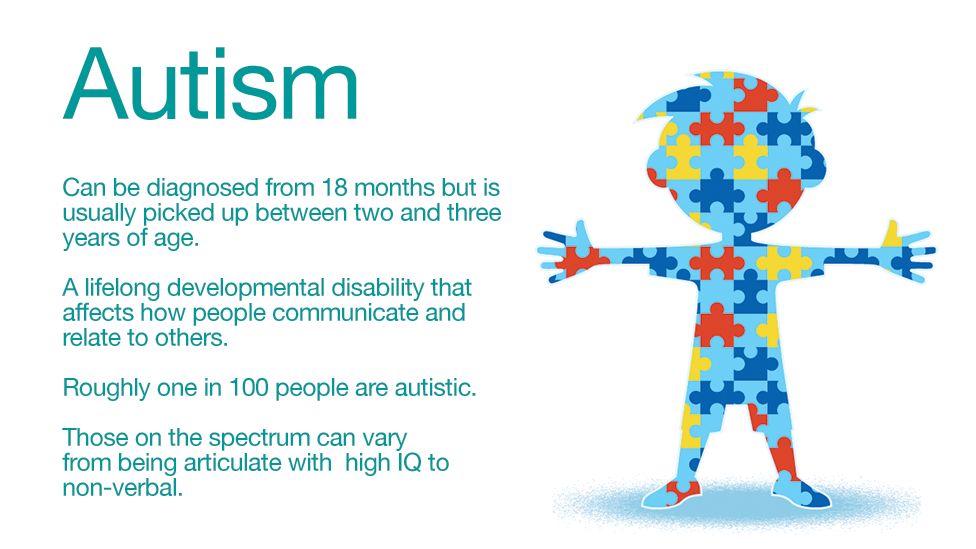Older antidepressants list
Full Antidepressants List: SSRIs, SNRIs, TCAs & Others
If you’ve been diagnosed with depression, your healthcare provider may have suggested that you use a type of medication called an antidepressant.
Antidepressants are, as their name suggests, medications that help to treat depression. They usually work by changing the balance of chemicals in your brain, called neurotransmitters, that cause the symptoms of depression to develop.
There are many different classes of antidepressants available today, with numerous different medications within each class. As such, it can be quite difficult to tell one antidepressant from another in terms of effects, side effects and general performance.
To make this easier, we’ve listed all of the currently available antidepressants below. Our list includes both modern antidepressants such as SSRIs and SNRIs, as well as a range of older antidepressants that aren’t as widely used today.
For each medication, we’ve included the common brand names you may see it sold under, as well as information about the conditions for which it’s typically prescribed.
We’ve also explained the basics of each type of antidepressant, from potential side effects to the amount of time it may take for a certain class of antidepressant to provide relief from your symptoms.
Selective Serotonin Reuptake Inhibitors (SSRIs)
Selective serotonin reuptake inhibitors, or SSRIs, are the most common type of antidepressant prescribed in the United States.
SSRIs work by increasing the amount of serotonin in your brain. They do this by blocking your brain cells from reabsorbing (or reuptaking) existing serotonin. Serotonin is a key chemical for regulating certain aspects of your mood, including feelings of happiness.
First Developed in the 1970s, SSRIs are a relatively new class of antidepressants. They work well and generally have fewer drug interactions, safety issues and side effects than older antidepressants.
Because of this, it’s common for healthcare professionals to use SSRIs as first-line treatments for depression. Most of the time, SSRIs produce a noticeable improvement in people affected by depression within a few weeks.
If you’ve recently been diagnosed with a form of depression, it’s very likely that your healthcare provider will discuss using an SSRI with you.
In addition to depression, some SSRIs are also prescribed to treat other mental health issues, including anxiety disorders and mood disorders.
Like all antidepressants, SSRIs may cause certain side effects. Our complete guide to the side effects of SSRIs explains what to expect if you’re prescribed an SSRI, as well as the steps you can take to manage and deal with common side effects.
List of SSRIs
Currently, several different SSRI antidepressants are used to treat depression, anxiety disorders and other conditions. They include:
Citalopram (Celexa®)
Citalopram (sold under the brand name Celexa) is an SSRI used to treat depression. It was first approved in 1998 by the FDA. Citalopram is one of the most commonly prescribed medications in the United States.
Escitalopram (Lexapro®)
Escitalopram (Lexapro) is an SSRI used to treat depression and generalized anxiety disorder in adults.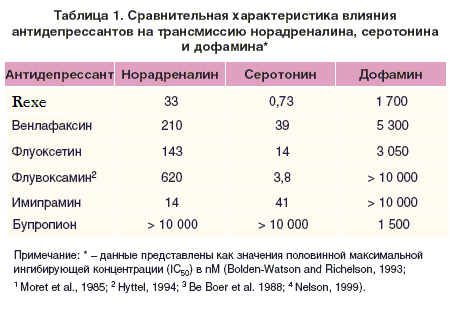 It was approved by the FDA as a treatment for Major Depressive Disorder (MDD) in 2002, then approved in 2002 as a treatment for generalized anxiety disorder.
It was approved by the FDA as a treatment for Major Depressive Disorder (MDD) in 2002, then approved in 2002 as a treatment for generalized anxiety disorder.
As with many other SSRIs, escitalopram is one of the most commonly prescribed medications in the United States.
Fluoxetine (Prozac®)
Fluoxetine (Prozac) is an SSRI used to treat depression, obsessive-compulsive disorder (OCD), panic disorder and bulimia nervosa (an eating disorder). It’s also used in combination with other medication to treat depressive episodes in people with bipolar disorder and treatment-resistant depression.
Under the brand name Prozac, fluoxetine was the first SSRI to receive approval from the FDA in the United States in 1987. Today, it remains one of the most widely prescribed medications in the United States.
Fluvoxamine (Luvox®)
Fluvoxamine (Luvox) is an SSRI. Unlike many other SSRIs, which are generally used to treat depression as a first priority, fluvoxamine is typically prescribed to treat obsessive-compulsive disorder (OCD).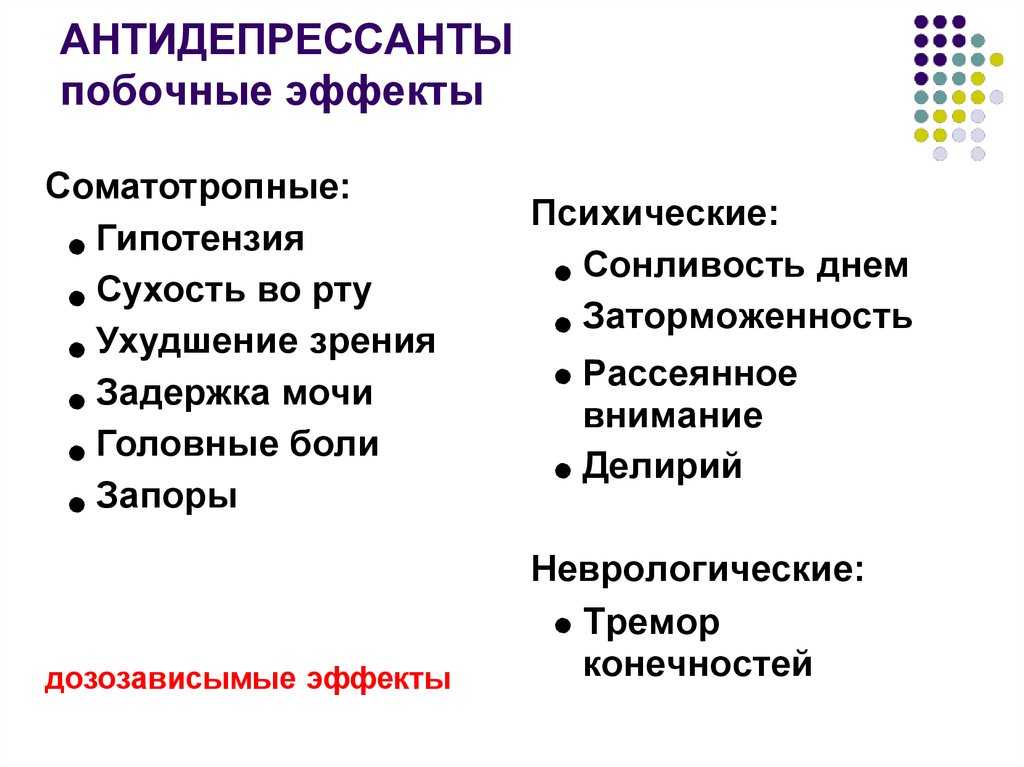
In addition to OCD, fluvoxamine may also be prescribed to treat certain anxiety disorders, such as social anxiety disorder. Although it’s less common than other SSRIs, it can be prescribed as an off-label medication to treat depression and as an off-label treatment for post-traumatic stress disorder (PTSD).
Paroxetine (Paxil®)
Paroxetine (Paxil) is an SSRI used to treat depression, obsessive-compulsive disorder (OCD), post-traumatic stress disorder (PTSD) and several anxiety disorders, including social anxiety disorder (SAD), generalized anxiety disorder (GAD) and panic disorder.
It may also be prescribed off-label for other conditions, such as premenstrual dysphoric disorder (PMDD).
Paroxetine was approved by the FDA in 2001. As with other SSRIs, it’s a common medication that’s one of the most widely used prescription drugs in the country. You can buy paroxetine online using Hers online mental health service.
Sertraline (Zoloft®)
Sertraline (Zoloft) is an SSRI used to treat depression, obsessive-compulsive disorder (OCD), post-traumatic stress disorder (PTSD), premenstrual dysphoric disorder (PMDD) and anxiety disorders such as social anxiety disorder (SAD) and panic disorder.
Like other SSRIs, sertraline is occasionally prescribed off-label to treat other conditions, such as premature ejaculation (PE).
Sertraline was first approved by the FDA for use as a treatment for depression in 1999. As of 2018, not only was sertraline the most common SSRI antidepressant, but also the most widely used psychiatric medication in the United States.
Vilazodone (Viibryd®)
Vilazodone (Viibryd) is an SSRI that’s used to treat depression. It’s a slightly newer medication than other SSRI antidepressants, with the FDA first approving it as a treatment for depression in 2011.
Because of its relatively short amount of time on sale, Vilazodone is less widely used for treating depression than other SSRIs.
Vortioxetine (Trintellix®)
Vortioxetine, sold under the brand name Trintellix, is another newer SSRI that gained its FDA approval in 2013 after completing a rigorous approval process.
Like vilazodone because Trintellix is a newer SSRI on the market, it’s not yet considered a first-line treatment.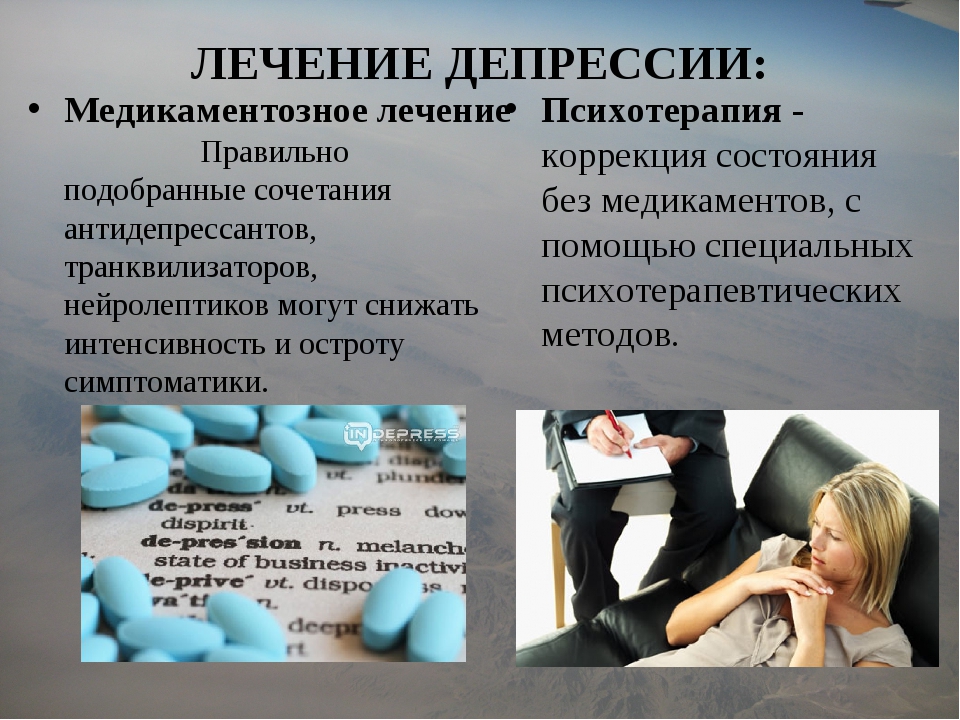
Serotonin-Norepinephrine Reuptake Inhibitors (SNRIs)
Serotonin–norepinephrine reuptake inhibitors, or SNRIs, are a common type of antidepressant used to treat depression, as well as some anxiety and nerve pain disorders.
SNRIs work similarly to SSRIs by blocking the reabsorption of serotonin, increasing the level of serotonin that’s active in your brain and body. In addition, they also block the reabsorption of a different neurotransmitter called norepinephrine.
Like serotonin, low levels of norepinephrine are closely linked to depression symptoms, such as difficulty concentrating, lethargy, and issues related to your sleep-wake cycle.
SNRIs are common medications that are widely prescribed throughout the United States. They are often used to treat depression accompanied by chronic pain.
If you have depression, including depression accompanied by pain, or certain types of anxiety disorder, it’s possible that your healthcare provider may recommend that you use an SNRI to treat your symptoms.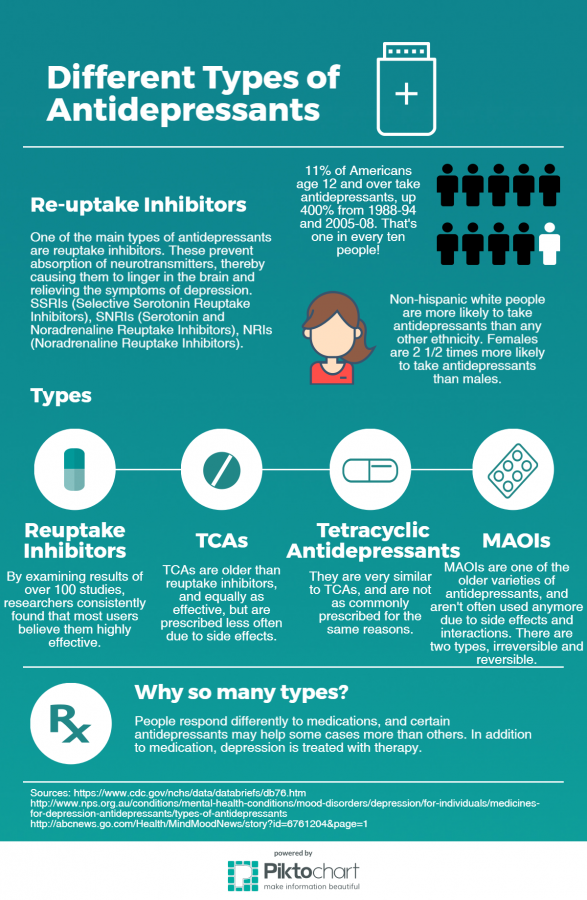
Like other antidepressants, SNRIs can cause side effects. However, the side effects of SNRIs are generally mild and often disappear after several weeks of use.
List of SNRIs
Numerous SNRI antidepressants are currently prescribed to treat depression, as well as other mood disorders. They include:
Desvenlafaxine (Pristiq®)
Desvenlafaxine (Pristiq) is an SNRI antidepressant used as a treatment for depression. It was first approved for use as an antidepressant in 2008. As well as treating depression, it may also be prescribed off-label to treat certain symptoms, such as hot flashes, in menopausal women.
Duloxetine (Cymbalta®)
Duloxetine (Cymbalta) is an SNRI that’s prescribed to treat depression and generalized anxiety disorder. First approved by the FDA in 2004, duloxetine is one of the most widely prescribed medications in the United States.
In addition to depression and anxiety, duloxetine is also approved by the FDA for the treatment of fibromyalgia, chronic musculoskeletal pain and diabetic peripheral neuropathy.
Levomilnacipran (Fetzima®)
Levomilnacipran (Fetzima) is an SNRI used to treat depression. A relatively new medication, it was first approved in 2009by the FDA as a treatment for depression. Unlike the related SNRI milnacipran, levomilnacipran is not approved for use as a treatment for fibromyalgia.
Venlafaxine
Venlafaxine is an SNRI that’s prescribed to treat depression. In its extended-release form, it’s also used to treat numerous anxiety disorders, including generalized anxiety disorder (GAD), social anxiety disorder (SAD) and panic disorder.
Like other SNRIs, venlafaxine may be used off-label to treat other conditions such as diabetic neuropathy, fibromyalgia, complex pain syndromes, premenstrual dysphoric disorder and as a preventive medication for migraines.
It is currently sold under the brand name Effexor® XR. It was previously sold under the name Effexor, but has been discontinued under that name. Hers mental health service offers venlafaxine online.
Tricyclic Antidepressants (TCAs)
Tricyclic antidepressants, or TCAs, are an older class of antidepressants. They first came onto the market in the mid-20th century as treatments for depression. As well as depression, some tricyclic antidepressants are also used to treat certain anxiety and pain disorders.
Like other antidepressants, tricyclic antidepressants work by increasing the amounts of certain neurotransmitters in your brain, including serotonin and norepinephrine.
As medications for treating depression, tricyclic antidepressants are about equally as effective as SSRIs. However, they’re used much less commonly these days due to their higher risk of causing certain side effects and drug interactions.
Despite this, many people are still prescribed tricyclic antidepressants to treat depression and other conditions.
Tricyclic antidepressants are occasionally used as second-line antidepressants for people who don’t respond well to SSRIs or SNRIs.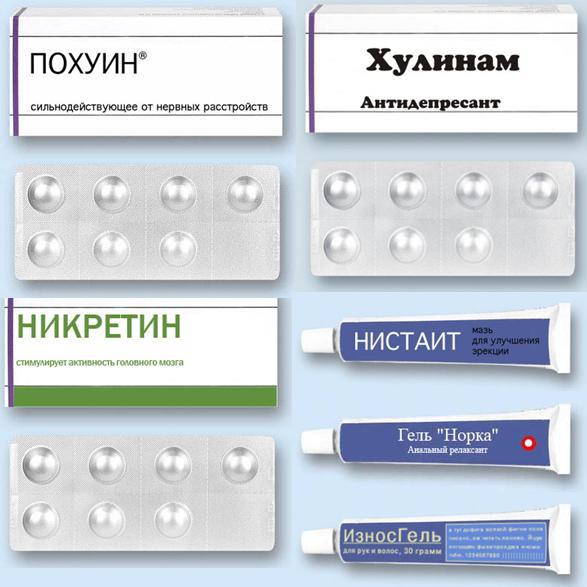 For some people, they can help to alleviate depression symptoms when other, newer treatments don’t work or cause unwanted side effects.
For some people, they can help to alleviate depression symptoms when other, newer treatments don’t work or cause unwanted side effects.
For others, they’re used off-label as treatments for everything from chronic pain to anxiety. As some tricyclic antidepressants have sedating effects, they may be used off-label as sleep aids for people who struggle with insomnia.
Because of their age, many tricyclic antidepressants are no longer marketed under their original brand names and are instead only available as generic medications.
If you’re prescribed a tricyclic antidepressant, it’s important to be aware of the side effects and potential drug interactions. Our complete guide to depression medications explains how these medications work in more detail, as well as how they should be used safely.
List of Tricyclic Antidepressants
Currently, a variety of tricyclic antidepressants are used to treat depression, anxiety disorders and other conditions. They include:
Desipramine (Norpramin®)
Desipramine is a tricyclic antidepressant that’s prescribed to treat depression.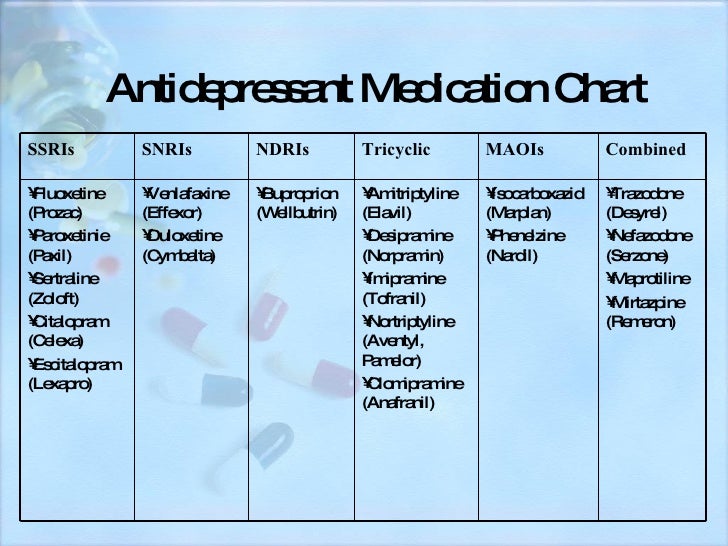 Compared to certain other tricyclic antidepressants, desipramine is slightly less likely to cause certain side effects common to this class of antidepressants.
Compared to certain other tricyclic antidepressants, desipramine is slightly less likely to cause certain side effects common to this class of antidepressants.
In addition to depression, desipramine may be prescribed off-label to treat neuropathic pain, bulimia nervosa, irritable bowel syndrome and several other conditions.
Doxepin
Doxepin is a tricyclic antidepressant that’s prescribed to treat depression and certain forms of anxiety. It may also be used off-label to treat other conditions, such as migraines and neuropathic pain.
As well as being prescribed as an antidepressant, doxepin is approved for use as a sleeping pill (at much lower doses than used for depression) and is commonly sold under the brand name Silenor®. It has also been sold under the brand name Sinequan®, but was discontinued.
Imipramine (Tofranil®)
Imipramine (Tofranil) is a tricyclic antidepressant that’s used as a treatment for depression. It’s occasionally used as a second-line medication to treat depression with melancholic and atypical features, as well as to treat bedwetting in children.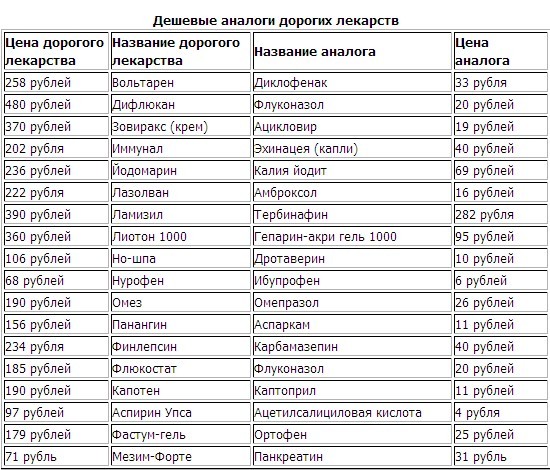 It may also be used off-label for panic disorder and neuropathic pain.
It may also be used off-label for panic disorder and neuropathic pain.
Nortriptyline (Pamelor®)
Nortriptyline (Pamelor) is another tricyclic antidepressant used to treat depression. It may also be prescribed off-label as a treatment for chronic pain, myofascial pain, orofacial pain, diabetic neuropathy and postherpetic neuralgia, a potential complication of shingles.
Protriptyline
Protriptyline is a tricyclic antidepressant prescribed for depression. It’s also used to treat certain forms of anxiety, as well as headaches and attention deficit hyperactivity disorder (ADHD).
Protriptyline may also be prescribed off-label for treatment-resistant depression, sleep apnea, cocaine dependence, as a local anaesthetic and as a support medication for people trying to quit smoking.
It was previously sold under the brand name Vivactil®, but has since been discontinued. However, protriptyline is still available and sold as a generic.
online mental health assessment
your mental health journey starts here
Tetracyclic Antidepressants (TeCAs)
Tetracyclic antidepressants are another older class of antidepressants.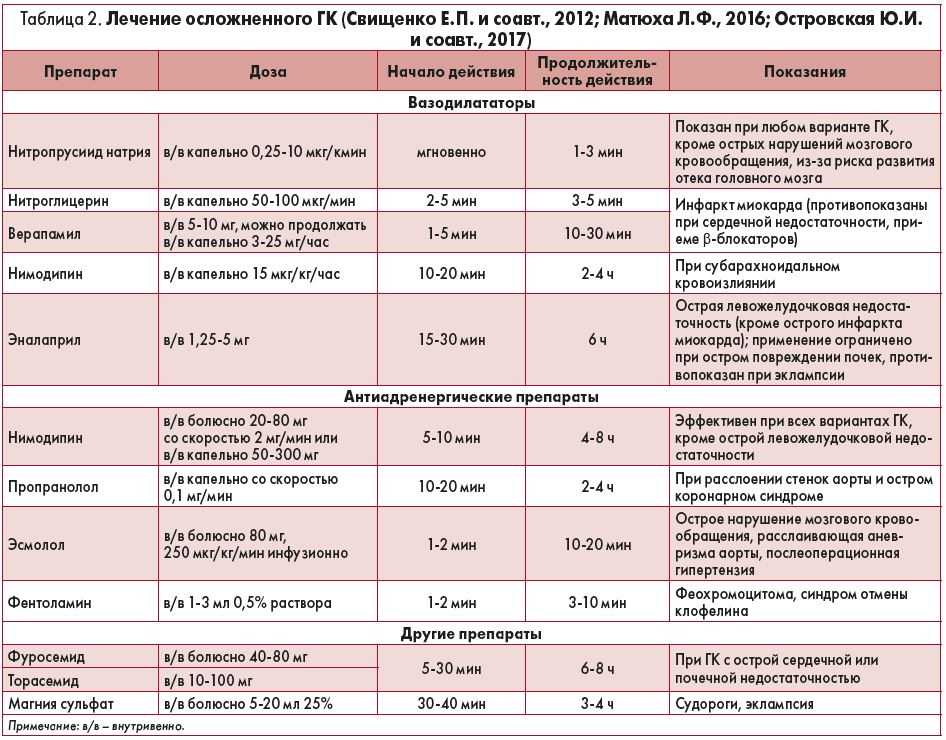 They were introduced in the 1970s and 1980s and work similarly to tricyclic antidepressants. Tetracyclic antidepressants are often referred to as “atypical” antidepressants.
They were introduced in the 1970s and 1980s and work similarly to tricyclic antidepressants. Tetracyclic antidepressants are often referred to as “atypical” antidepressants.
Like other antidepressants, tetracyclic antidepressants work by increasing the levels of certain neurotransmitters (including serotonin and norepineprhine) affected in people with depression or anxiety disorders.
While they’re less commonly used for depression than newer antidepressants such as SSRIs and SNRIs, some tetracyclic antidepressants are used to treat people who have depression at the same time as issues such as anxiety or difficulty sleeping.
List of Tetracyclic Antidepressants
Numerous tetracyclic antidepressants are used to treat depression and other conditions. They include:
Mirtazapine (Remeron®)
Mirtazapine (Remeron) is a tetracyclic antidepressant that’s used to treat depression. It’s also used off-label as a treatment for a variety of conditions, including insomnia, anxiety disorders, headaches and migraines.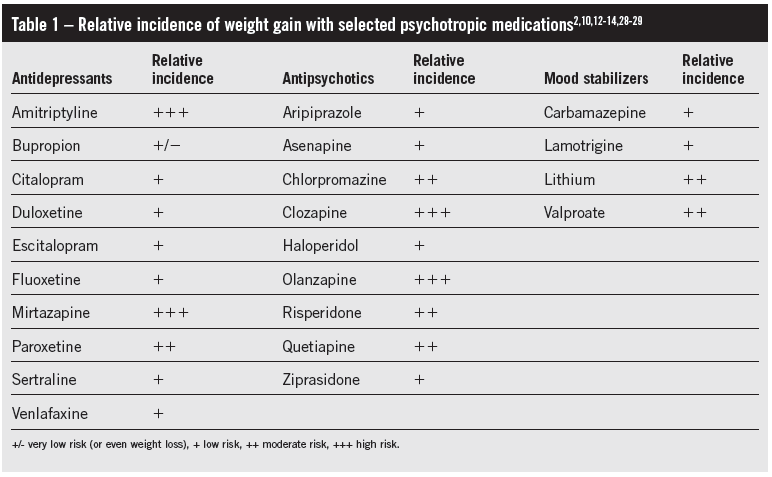
Monoamine Oxidase Inhibitors (MAOIs)
Monoamine oxidase inhibitors, or MAOIs, are another older class of antidepressants. They were first introduced in the 1950s and, like other older antidepressants, generally aren’t prescribed as first-line treatments for depression today due to their risk of side effects and drug interactions.
MAOIs work by blocking the enzyme monoamine oxidase, which breaks down neurotransmitters such as serotonin, norepinephrine, dopamine and tyramine. By stopping these chemicals from being broken down, MAOIs help to increase these neurotransmitter levels.
Although MAOIs are effective, they have a considerable risk of interacting with both medications and certain foods. For example, MAOIs can interact with foods that contain tyramine, potentially causing a sudden, life-threatening increase in blood pressure.
Because of this, people who use MAOIs need to carefully monitor not just their use of different medications, but also their diet.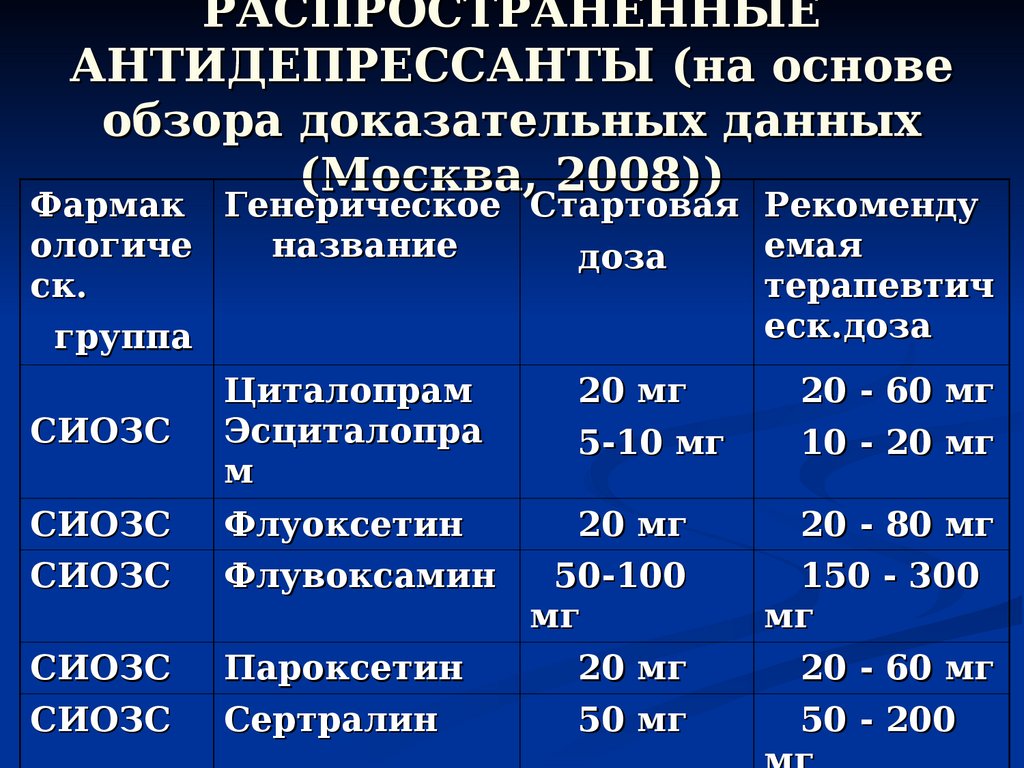
Today, MAOIs are rarely used except in certain circumstances, such as when other medications for depression aren’t effective.
List of Monoamine Oxidase Inhibitors
Although MAOIs typically aren’t a first-line treatment for depression today, several medications in this class are still prescribed to treat certain forms of depression and other conditions. They include:
Phenelzine (Nardil®)
Phenelzine (Nardil) is a MAOI that’s prescribed to treat depression. It may also be used off-label as a treatment for treatment-resistant depression, social anxiety disorder and panic disorder. It may also be used to treat certain anxiety disorders, such as panic disorder and phobias.
Isocarboxazid (Marplan®)
Isocarboxazid (Marplan) is an MAOI that’s used to treat depression, particularly depression in people who haven’t shown improvement with other antidepressants.
Selegiline (Emsam®)
Selegiline (Emsam) is an MAOI transdermal patch that’s prescribed to treat depression. Some other brand names for selegiline (Eldepryl® and Zelapar®) have been used as a combination therapy with the drugs levodopa and carbidopa in the management of Parkinson's disease symptoms.
Some other brand names for selegiline (Eldepryl® and Zelapar®) have been used as a combination therapy with the drugs levodopa and carbidopa in the management of Parkinson's disease symptoms.
Tranylcypromine (Parnate®)
Tranylcypromine (Parnate) is an MAOI that’s prescribed to treat depression in people who have not responded to other treatments. It may also be used off-label for treatment-resistant anxiety disorders, including social anxiety disorder and panic disorder.
Other Antidepressants
Some antidepressants don’t fit clearly into the drug classes listed above. Medications like this may be referred to as “atypical” antidepressants. Several medications are considered atypical antidepressants, including some that are commonly used to treat depression.
Bupropion
Bupropion (currently sold under the brand names Wellbutrin® SR, Wellbutrin XL)) is an atypical antidepressant that’s often used to treat depression and seasonal affective disorder.
It’s also approved as a smoking cessation medication, for which it’s sold under the brand name Zyban®.
In some cases, bupropion may be used off-label to treat sexual dysfunction caused by other antidepressants.
Trazodone (Desyrel®)
Trazodone, sold under the brand name Desyrel, is another popular antidepressant used to treat MDD in adults.
Like some of the other medications on this list, trazodone is sometimes prescribed off-label to help people with insomnia.
Esketamine (Spravato®)
Unlike most antidepressant medications, esketamine, sold under the brand name Spravato, is a nasal spray antidepressant.
Approved by the FDA to treat treatment-resistant depression, as well as the symptoms of MDD in adults, it can only be taken under the supervision of a healthcare professional, and is used only under particular conditions.
Other Atypical Antidepressants
Other atypical antidepressants, such as nefazodone, opipramol, agomelatine and others, may be used to treat certain forms of depression but are either discontinued or not approved in the United States.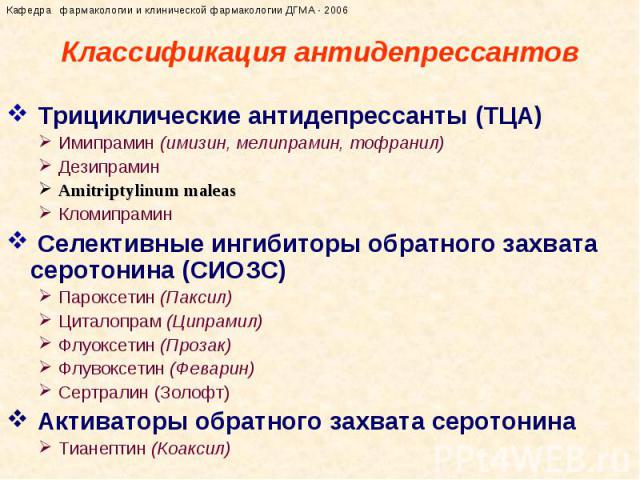
psych meds online
psychiatrist-backed care, all from your couch
Get Help if You’re Feeling Depressed
If you’re feeling depressed, it’s essential that you get the help you need. Our mental health resources provide effective strategies from licensed therapists that you can use to understand, recognize and help alleviate the symptoms of depression and anxiety.
If you’d like to talk to a professional, you can also talk to a licensed psychiatry provider via video chat. You’ll receive a personalized treatment plan and, if appropriate, receive depression medication online to help you treat your symptoms and take control of your mental health.
This article is for informational purposes only and does not constitute medical advice. The information contained herein is not a substitute for and should never be relied upon for professional medical advice. Always talk to your doctor about the risks and benefits of any treatment. Learn more about our editorial standards here.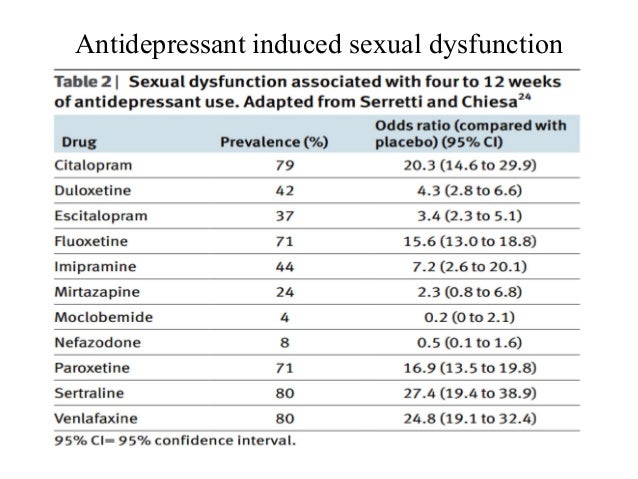
Types, Side Effects, Effectiveness, and More
Depression is a mental health issue that starts most often in early adulthood. It’s also more common in women. However, anyone at any age may deal with depression.
Depression affects your brain, so drugs that work in your brain may prove beneficial. Common antidepressants may help ease your symptoms, but there are many other options as well.
Each drug used to treat depression works by balancing certain chemicals in your brain called neurotransmitters. These drugs work in slightly different ways to ease your depression symptoms.
Many common drugs for depression fall into the following drug classes:
- selective serotonin reuptake inhibitors (SSRIs)
- serotonin-norepinephrine reuptake inhibitors (SNRIs)
- tricyclic antidepressants (TCAs)
- tetracyclic antidepressants
- dopamine reuptake blockers
- 5-HT1A receptor antagonists
- 5-HT2 receptor antagonists
- 5-HT3 receptor antagonists
- monoamine oxidase inhibitors (MAOIs)
- noradrenergic antagonists
Atypical antidepressants, which don’t fall into these drug classes, and natural supplements, such as St.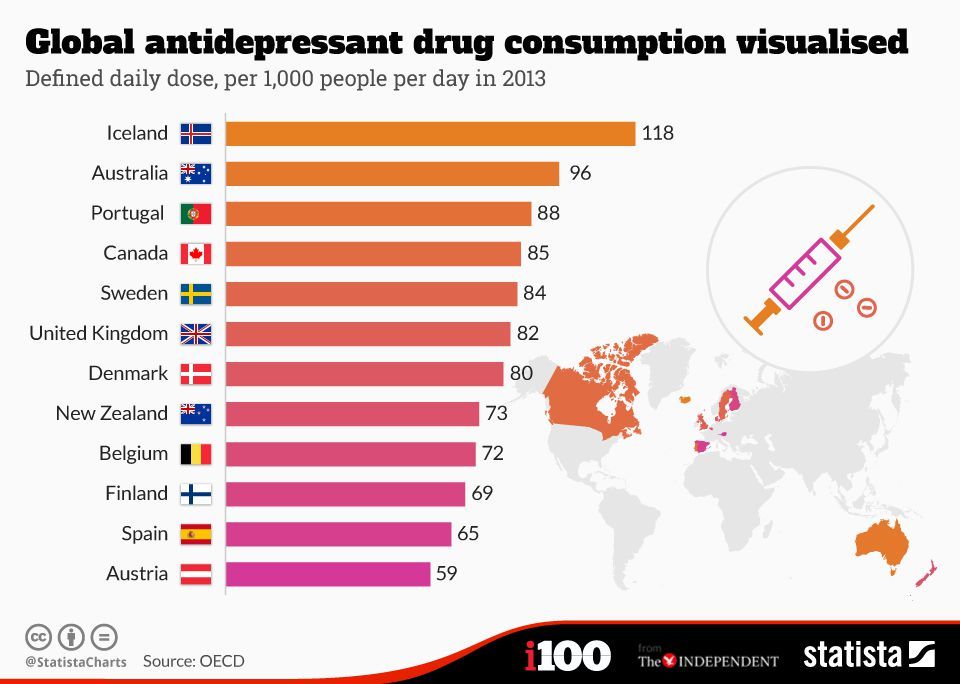 John’s wort, are also available.
John’s wort, are also available.
Read on to learn more about how all of these drugs work and their potential side effects.
SSRIs are the most commonly prescribed class of antidepressants. An imbalance of serotonin may play a role in depression. These drugs fight depression symptoms by decreasing serotonin reuptake in your brain. This effect leaves more serotonin available to work in your brain.
SSRIs include:
- sertraline (Zoloft)
- fluoxetine (Prozac, Sarafem)
- citalopram (Celexa)
- escitalopram (Lexapro)
- paroxetine (Paxil, Pexeva, Brisdelle)
- fluvoxamine (Luvox)
Common side effects of SSRIs include:
- nausea
- trouble sleeping
- nervousness
- tremors
- sexual problems
Learn more: What you should know about selective serotonin reuptake inhibitors (SSRIs).
SNRIs help improve serotonin and norepinephrine levels in your brain. This may reduce depression symptoms. These drugs include:
- desvenlafaxine (Pristiq, Khedezla)
- duloxetine (Cymbalta)
- levomilnacipran (Fetzima)
- venlafaxine (Effexor)
In addition to treating depression, duloxetine may also relieve pain. This is important because chronic pain can lead to depression or make it worse. In some cases, people with depression become more aware of aches and pains. A drug that treats both depression and pain, such as duloxetine, can be helpful to these people.
This is important because chronic pain can lead to depression or make it worse. In some cases, people with depression become more aware of aches and pains. A drug that treats both depression and pain, such as duloxetine, can be helpful to these people.
Common side effects of SNRIs include:
- nausea
- drowsiness
- fatigue
- constipation
- dry mouth
TCAs are often prescribed when SSRIs or other antidepressants don’t work. It isn’t fully understood how these drugs work to treat depression.
TCAs include:
- amitriptyline (Elavil)
- amoxapine (Asendin)
- clomipramine (Anafranil)
- desipramine (Norpramin)
- doxepin (Silenor)
- imipramine (Tofranil)
- nortriptyline (Pamelor)
- protriptyline (Vivactil)
- trimipramine (Surmontil)
Common side effects of TCAs can include:
- constipation
- dry mouth
- fatigue
- blurred vision
The more serious side effects of these drugs include:
- low blood pressure
- irregular heart rate
- seizures
Learn more: Tricyclic antidepressants.
Tetracyclic antidepressants, like Maprotiline (Ludiomil), are used to treat depression and anxiety. They also work by balancing neurotransmitters to ease symptoms of depression.
Common side effects of this drug include:
- drowsiness
- weakness
- lightheadedness
- headache
- blurry vision
- dry mouth
Dopamine reuptake blockers, like Bupropion (Wellbutrin, Forfivo, Aplenzin), are a mild dopamine and norepinephrine reuptake blockers. They are used for depression and seasonal affective disorder. They are also used for quitting smoking.
Common side effects include:
- nausea
- vomiting
- constipation
- dizziness
- blurry vision
The drug in this class that’s used to treat depression is called vilazodone (Viibryd). It works by balancing serotonin levels and other neurotransmitters.
This drug is rarely used as a first-line treatment for depression. That means it’s usually only prescribed when other medications have not worked for you or caused bothersome side effects.
Side effects can include:
- nausea
- vomiting
- trouble sleeping
Two 5-HT2 receptor antagonists, nefazodone (Serzone) and trazodone (Oleptro), are used to treat depression. These are older drugs. They alter chemicals in your brain to help depression.
Common side effects include:
- drowsiness
- dizziness
- dry mouth
The 5-HT3 receptor antagonist vortioxetine (Brintellix) treats depression by affecting the activity of brain chemicals.
Common side effects include:
- sexual problems
- nausea
MAOIs are older drugs that treat depression. They work by stopping the breakdown of norepinephrine, dopamine, and serotonin.
They’re more difficult for people to take than most other antidepressants because they interact with prescription drugs, nonprescription drugs, and some foods. They also can’t be combined with stimulants or other antidepressants.
MAOIs include:
- isocarboxazid (Marplan)
- phenelzine (Nardil)
- selegiline (Emsam), which comes as a transdermal patch
- tranylcypromine (Parnate)
MAOIs also have many side effects.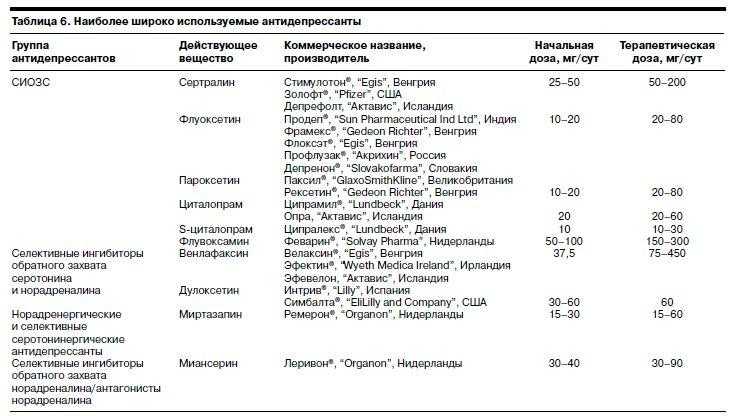 These can include:
These can include:
- nausea
- dizziness
- drowsiness
- trouble sleeping
- restlessness
Mirtazapine (Remeron) is used primarily for depression. It alters certain chemicals in your brain to ease depression symptoms.
Common side effects include:
- drowsiness
- dizziness
- weight gain
Other depression drugs don’t fall into the typical classes. These are called atypical antidepressants. Depending on your condition, your doctor may prescribe one of these alternatives instead.
For example, olanzapine/fluoxetine (Symbyax) is an atypical antidepressant. It’s used to treat bipolar disorder and major depression that doesn’t respond to other drugs.
Ask your doctor if an alternative drug treatment is a good choice for you. They can tell you more.
Keep reading: Depression medications and side effects.
Medications to treat depression generally come with side effects. The specific changes you may experience depend in part on the class of drug you’re taking.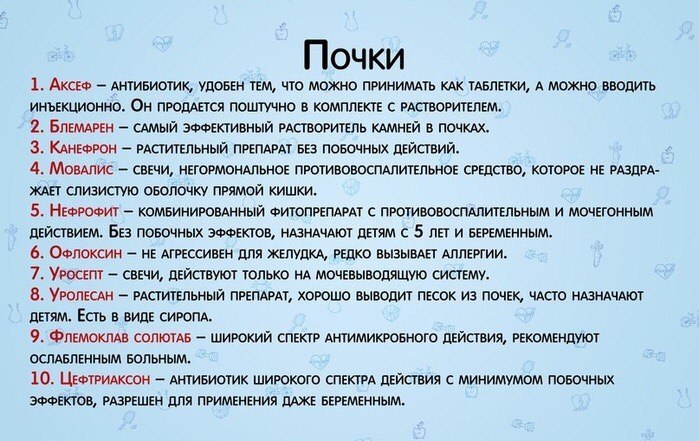
Common side effects:
- Gastrointestinal symptoms: indigestion, diarrhea, constipation, loss of appetite
- Feelings of sickness: headache, dizziness, dry mouth, sweating
- Nervousness: agitation, shakiness, nervous feeling
- Heart rhythm changes: palpitations, fast heartbeat
- Vision changes: blurry vision
- Weight changes: unexpected weight loss or weight gain
- Sexual dysfunction: low sex drive
- Sleep changes: insomnia
You may experience some, many, or none of these side effects.
Potential health risks:
- Serotonin syndrome. Serotonin syndrome occurs when serotonin levels are too high, usually because of combining antidepressants that raise serotonin levels. Symptoms include confusion, muscle twitching, seizures, irregular heartbeat, or unconsciousness.

- Hyponatremia. Hyponatremia (low blood sodium) is a dangerous drop in salt levels in the body, usually experienced by older adults taking antidepressants. Symptoms include headache, muscle pain, disorientation, agitation, or seizures.
- Diabetes. People who take antidepressants may be at greater risk of developing type 2 diabetes.
- Suicidal thoughts. Sometimes people, particularly younger people, think about self-harm when they first start taking antidepressants. Help is available from your doctor, crisis line, or nearest emergency room.
These health risks happen less frequently than common side effects of antidepressants. They are all serious conditions for which you can get support from a doctor or mental health professional.
Antidepressants are commonly prescribed for a number of medical diagnoses, including:
- major depressive disorder
- persistent depressive disorder (dysthymia)
- premenstrual dysphoric disorder
- obsessive-compulsive disorder (OCD)
- social anxiety disorder
- panic disorder
- generalized anxiety disorder (GAD)
- post-traumatic stress disorder (PTSD)
In addition, research from 2017 and 2019 has looked at the off-label uses for drugs for depression. These studies state antidepressants have been prescribed for:
These studies state antidepressants have been prescribed for:
- insomnia
- chronic pain
- migraine prevention
- attention deficit hyperactivity disorder (ADHD)
Your doctor can give you more information about the antidepressant they’ve prescribed, including if it’s an off-label use.
Antidepressants, in general, are effective for moderate to severe depression. Many people do get some relief from depression symptoms by taking antidepressants.
A number of recent analyses have looked more deeply into whether antidepressants work, and these studies support their effectiveness.
A 2018 review of trials measuring the effectiveness of 21 antidepressant medications found each of these medications works better than a placebo. The review analyzed 522 studies done between 1979 and 2016, involving a total of 116,477 people.
A 2019 paper reviewed previous studies from 1990 to June 2019 on antidepressant effectiveness. The authors noted all reviews generally showed that antidepressants were effective, but only marginally effective.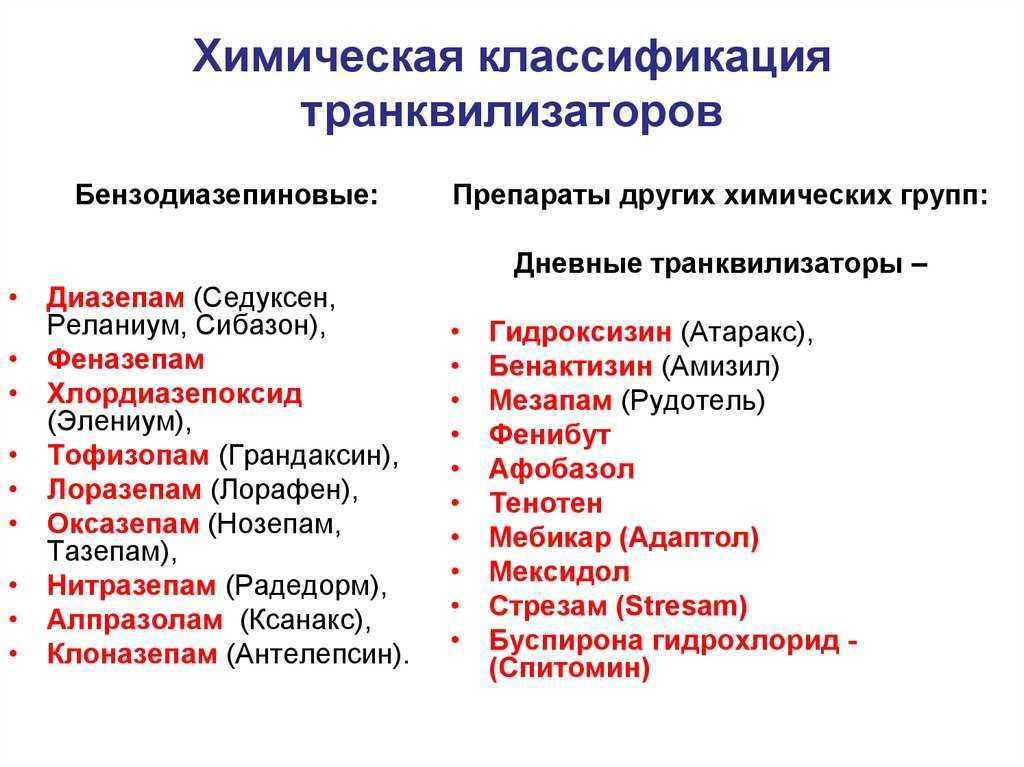 They concluded antidepressant benefits are minimal and increase the risk of harmful effects. However, the paper stated that additional research is needed to confirm or dispute that there is an increased risk of harmful effects.
They concluded antidepressant benefits are minimal and increase the risk of harmful effects. However, the paper stated that additional research is needed to confirm or dispute that there is an increased risk of harmful effects.
A 2020 data analysis also looked at previously published data on antidepressant efficacy. This study came to less optimistic conclusions about how effective antidepressants are.
The study looked at whether previous analyses underestimated the effectiveness of antidepressants, due to the use of the Hamilton Depression Rating-Scale (HDRS). With the use of an alternative measurement, the Montgomery-Asberg Depression Rating-Scale (MADRS), the researchers found the previous studies did not underestimate effectiveness. The study hypothesized that antidepressants may not in fact work well for the average person.
Researchers have also looked at the effectiveness of antidepressants on subgroups of people, such as older adults, children, and adolescents.
A 2020 review of studies involving people over the age of 65 found on average 50.7 percent of people achieved at least a 50 percent reduction in depression, based on the HDRS. This analysis looked at 44 studies with a total of 6,373 people.
A 2020 meta-analysis of previous reviews looked at the effectiveness and tolerability of antidepressants in those under the age of 18. These medications are prescribed to children and adolescents for a variety of reasons. With respect to major depressive disorder, the meta-analysis found only fluoxetine (Prozac) worked better than the placebo. The review included 34 random controlled trials involving 14 antidepressants prescribed for major depressive disorder in people under the age of 18.
You may be interested in natural options to treat your depression. Some people use these treatments instead of drugs, and some use them as an add-on treatment to their antidepressant medication.
St. John’s wort is an herb that some people have tried for depression.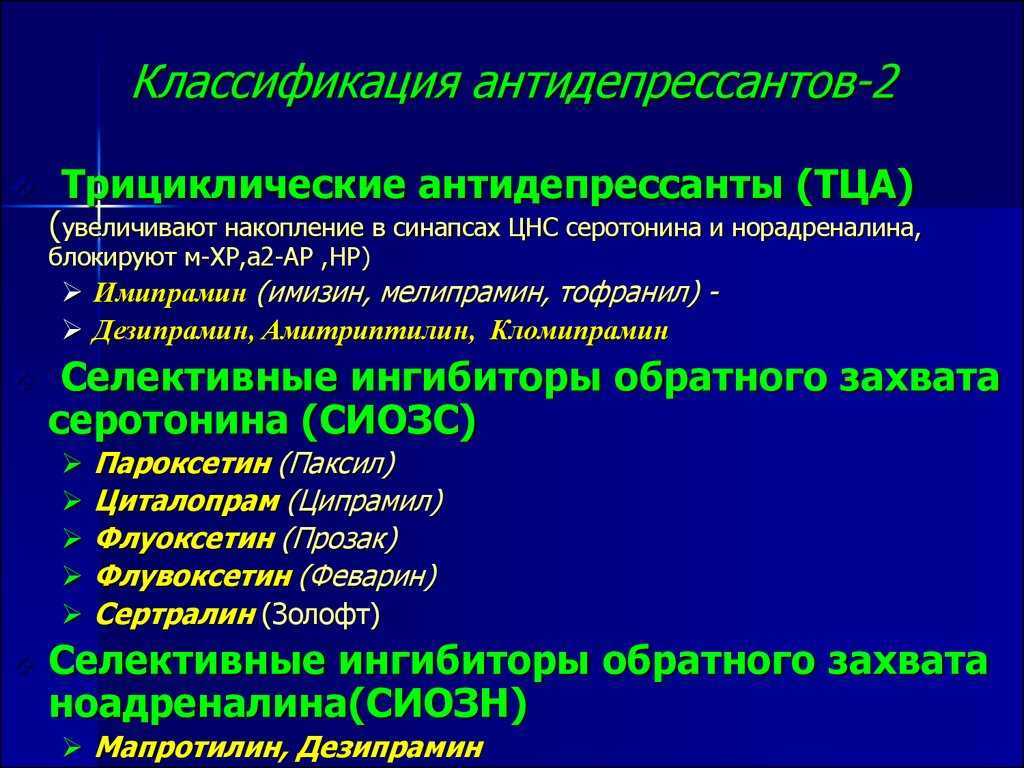 According to the National Center for Complementary and Integrative Health, the herb may have mild positive effects, or it may not work any better than placebo. This herb also causes many drug interactions that can be serious.
According to the National Center for Complementary and Integrative Health, the herb may have mild positive effects, or it may not work any better than placebo. This herb also causes many drug interactions that can be serious.
St. John’s wort interacts with many medications. The herb may reduce their effectiveness or cause negative side effects. These include:
- antiseizure drugs
- cyclosporine
- some heart medications
- some cancer drugs
- some HIV medications
- certain statins
- birth control pills
- warfarin (Coumadin)
- prescription antidepressants
The supplement S-adenosylmethionine (SAMe) is another natural option that some people have tried to ease their depression symptoms. SAMe may help treat joint pain, but there’s not much support to show that it helps with depression. This treatment can also interact with prescription drugs.
Get more info: Is St. John’s wort safe?
When you decide taking an antidepressant is right for you, it can take time to find the right one.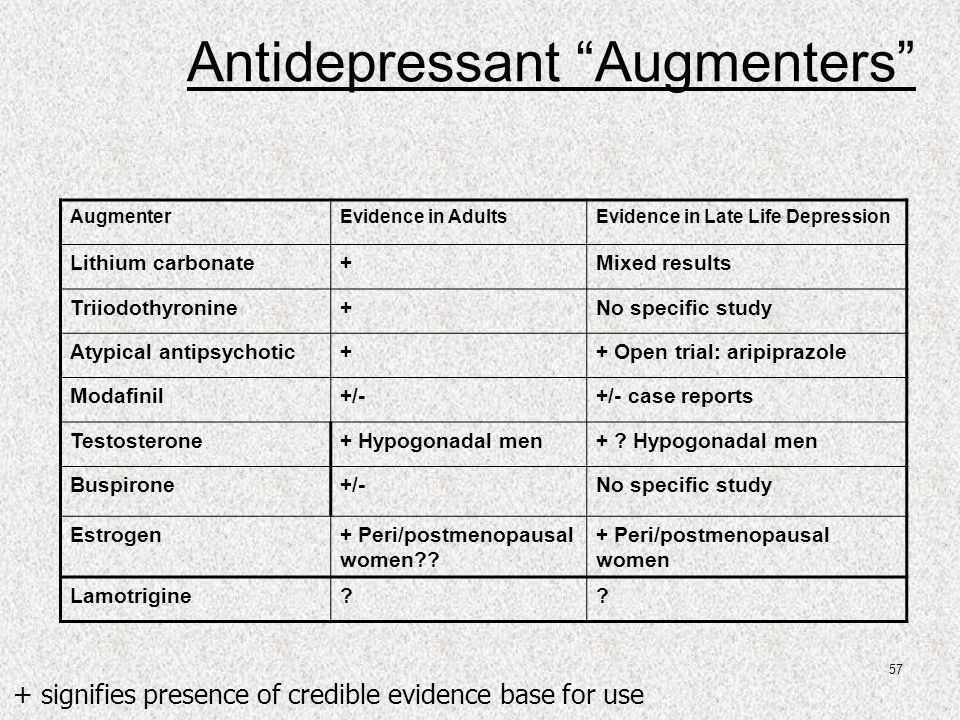 Each person experiences depression a bit differently, so there is no “one-size-fits-all” medication.
Each person experiences depression a bit differently, so there is no “one-size-fits-all” medication.
You can work with your doctor to find effective and easy-to-take medication. Some factors to consider include:
- Your overall health. Some antidepressants can negatively affect other aspects of your physical or mental health, so your doctor will review preexisting conditions and other health factors.
- Other medications. Antidepressants can interact with other prescription medications.
- Side effects. Depression medication can cause side effects that make it hard for you to manage.
- Prescription cost. Affordability of medication and insurance coverage is a factor for many people.
- Frequency of dose. An antidepressant works best when you take it on a regular schedule as prescribed. If this is a challenge, it may be something to consider with your doctor when choosing an antidepressant.

You may have to take a medication for 6 to 8 weeks before you start to feel the full effects, but you can start noticing some benefits within the first 2 to 4 weeks.
Some people choose to switch medications or stop taking an antidepressant. Your doctor can help you make these changes, so talk with them if you feel the drug isn’t working for you. If you stop your antidepressant suddenly, it can cause serious side effects.
When it comes to treating depression, what works for one person may not work for another. Finding the right drug for your depression can take time.
If you start taking medication for your depression, it may take time to determine the therapeutic dose that works for you, and you may need to try several different medications.
Ask your doctor how long it should take for your medication to work. If your symptoms of depression haven’t improved by then, talk with your doctor. They may suggest another medication that may be more effective in relieving your depression.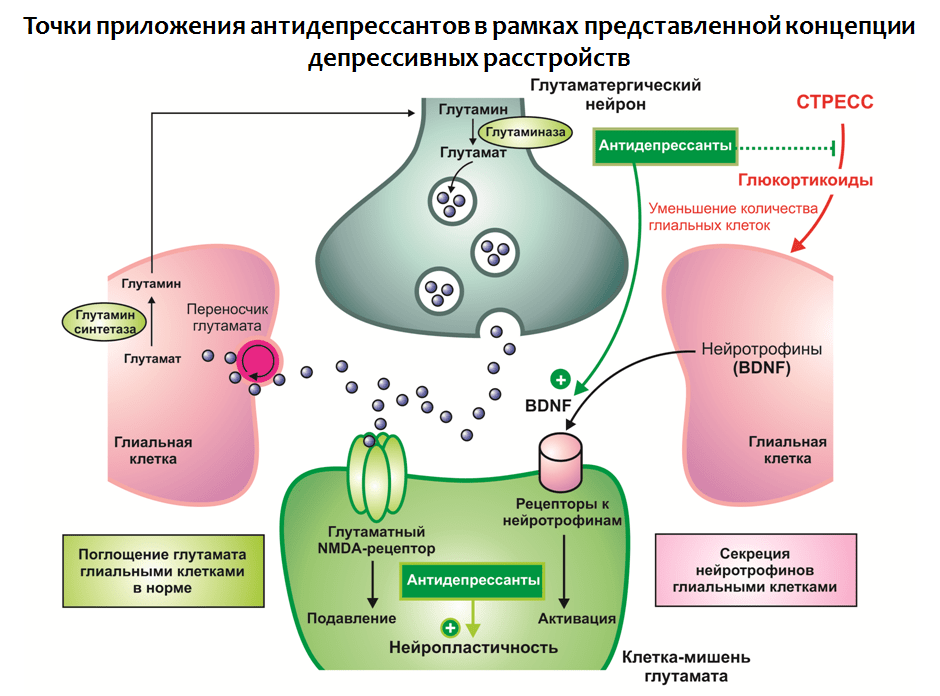
on the verge of benefit and risk - "InfoMedFarmDialogue"
Skip to content Antidepressants: on the verge of benefit and riskAntidepressants: on the verge of benefits and risks
Routine indications for the use of antidepressants include mainly anxiety ‑depressive conditions, but these drugs have recently been prescribed in a wide variety of situations - for the management of chronic pain, the prevention of dementia, and, most surprisingly, to prevent the severe course of COVID -19. However, too large possibilities of antidepressants do not exclude the negative consequences of the use of these drugs. Many scientists enter into controversy on the pages of authoritative medical publications about the validity of the long-term prescription of psychotropic substances in various groups of patients.
Anti-inflammatory use
SSRI mild antidepressant fluvoxamine used in hospitalized patients with COVID-19, prevents the deterioration of respiratory function and thereby reduces the severity of the disease.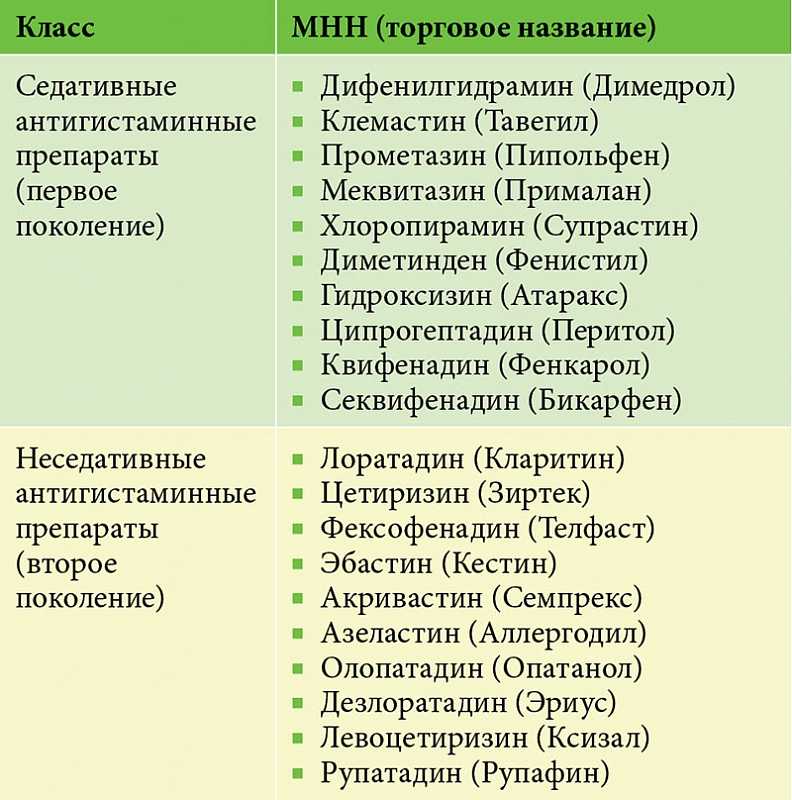 These are the findings of a recent randomized controlled trial of 152 adults (Fluvoxamine vs Placebo and Clinical Deterioration in Outpatients With Symptomatic COVID‑19). It was published in the Journal of the American Medical Association JAMA in November 2021. According to the results of the study, none of the 80 patients treated with fluvoxamine experienced clinical deterioration. In addition, by day 11–12 of treatment, the severity of serious symptoms in the fluvoxamine group was significantly lower than in the placebo group.
These are the findings of a recent randomized controlled trial of 152 adults (Fluvoxamine vs Placebo and Clinical Deterioration in Outpatients With Symptomatic COVID‑19). It was published in the Journal of the American Medical Association JAMA in November 2021. According to the results of the study, none of the 80 patients treated with fluvoxamine experienced clinical deterioration. In addition, by day 11–12 of treatment, the severity of serious symptoms in the fluvoxamine group was significantly lower than in the placebo group.
The effectiveness of fluvoxamine may be due to the influence on the pathway of one of the regulators of the production of cytokines S1R‑IRE1. Its activation provides an anti-inflammatory effect. Alternative mechanisms of fluvoxamine also include direct antiviral action due to its lysosomotropic properties, activation of the IRE1 enzyme that promotes cell apoptosis, and inhibition of platelet activation by SSRIs.
Potential benefits of fluvoxamine for outpatient treatment of COVID-19, according to researchers, are its safety, wide availability, low cost and the possibility of oral administration. In addition, this drug does not prolong the QT interval, unlike other SSRIs. However, for all its positive properties, fluvoxamine has side effects and can cause drug interactions, in particular, by inhibiting cytochromes P450.
In addition, this drug does not prolong the QT interval, unlike other SSRIs. However, for all its positive properties, fluvoxamine has side effects and can cause drug interactions, in particular, by inhibiting cytochromes P450.
Potential benefit of antidepressants in patients hospitalized for COVID‑19, also studied in an observational, multicentre, retrospective cohort study at Greater Paris University hospitals. Of 7230 adults, 345 patients (4.8%) received an antidepressant within 48 hours of hospitalization. The primary endpoint was a combination of intubation or death. Statistical analysis showed a significant association between antidepressant use and a reduced risk of intubation or death (HR, 0.56). This effect was significant not only for SSRIs (fluoxetine, paroxetine, escitalopram), but also for antidepressants outside this group, venlafaxine and mirtazapine.
Reducing the risk of Alzheimer's disease
Almost simultaneously with the cited publications, an article appeared on the prospects for the use of antidepressants for the prevention of Alzheimer's disease.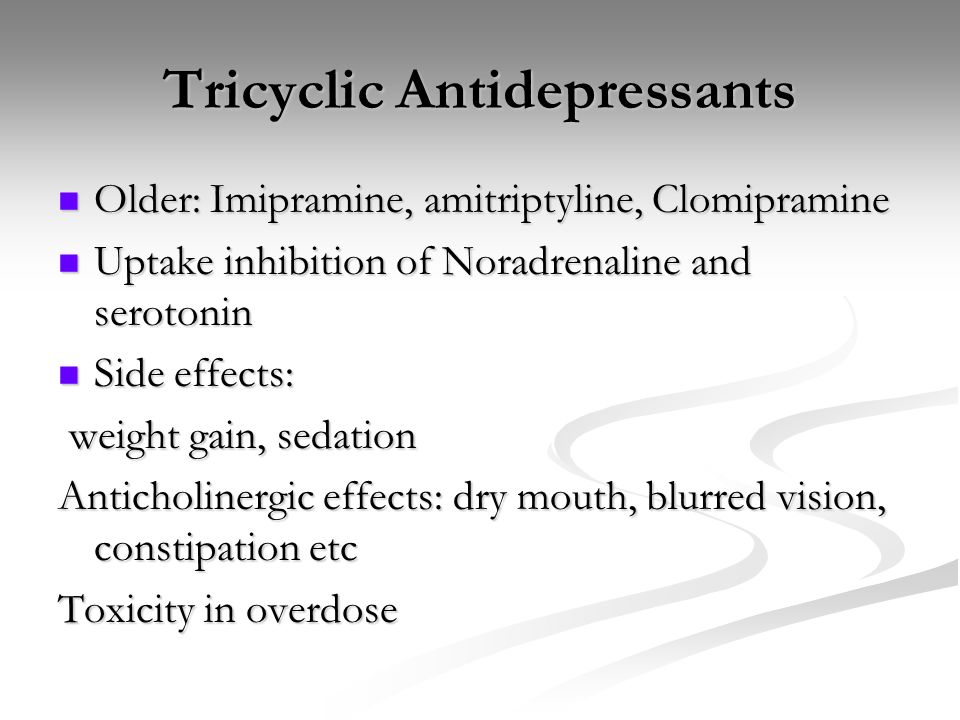 Thus, a double-blind, placebo-controlled study of the effectiveness of the drug escitalopram (Effect of escitalopram dose and treatment duration on CSF Aβ levels in older healthy adults) showed that this SSRI reduced the level of amyloid-beta-42 in the cerebrospinal fluid by almost 10% in 50– 85 year olds with normal cognitive functions. This, according to the authors of the study, indicates the potential effectiveness of drugs in this group for the prevention of Alzheimer's disease. These results may lead to the development of more targeted therapies or combinations of drugs that will help lower amyloid levels.
Thus, a double-blind, placebo-controlled study of the effectiveness of the drug escitalopram (Effect of escitalopram dose and treatment duration on CSF Aβ levels in older healthy adults) showed that this SSRI reduced the level of amyloid-beta-42 in the cerebrospinal fluid by almost 10% in 50– 85 year olds with normal cognitive functions. This, according to the authors of the study, indicates the potential effectiveness of drugs in this group for the prevention of Alzheimer's disease. These results may lead to the development of more targeted therapies or combinations of drugs that will help lower amyloid levels.
There may be more side effects
However, many scientists are concerned about the expansion of indications for antidepressants, especially for a long time. Most of the debate is about how to evaluate the effectiveness of these drugs, their place in therapy, and the harm associated with their withdrawal. One of the authors of a major study, Newer generation antidepressants and withdrawal effects: reconsidering the role of antidepressants and helping patients to stop, University College London psychiatrist Mark Horowitz notes that much of the evidence for the effectiveness of antidepressants comes from short-term placebo-controlled studies. They generally do not include outcomes that matter most to patients (such as social functioning or quality of life) and are often limited to individual symptom scores.
They generally do not include outcomes that matter most to patients (such as social functioning or quality of life) and are often limited to individual symptom scores.
According to a psychiatrist, side effects (emotional numbness, sexual difficulties, fatigue, and weight gain), which are often more pronounced in patients taking long-term antidepressants, are hardly mentioned in published studies.
M. Horowitz, arguing on the pages of Medscape Medical News with Philip Muskin, professor of psychiatry at the Columbia University Medical Center (USA), noted that, as a patient, he experienced all the difficulties of treatment, in particular, severe and long withdrawal symptoms. He added that antidepressants "have a strong adverse effect on the body and brain" and can be difficult to stop due to the physical dependence that comes from the adaptation of the brain to them. According to M. Horowitz, even 3 years after the gradual withdrawal of drugs, symptoms such as fatigue, impaired concentration and memory impairment did not completely go away, although they significantly decreased.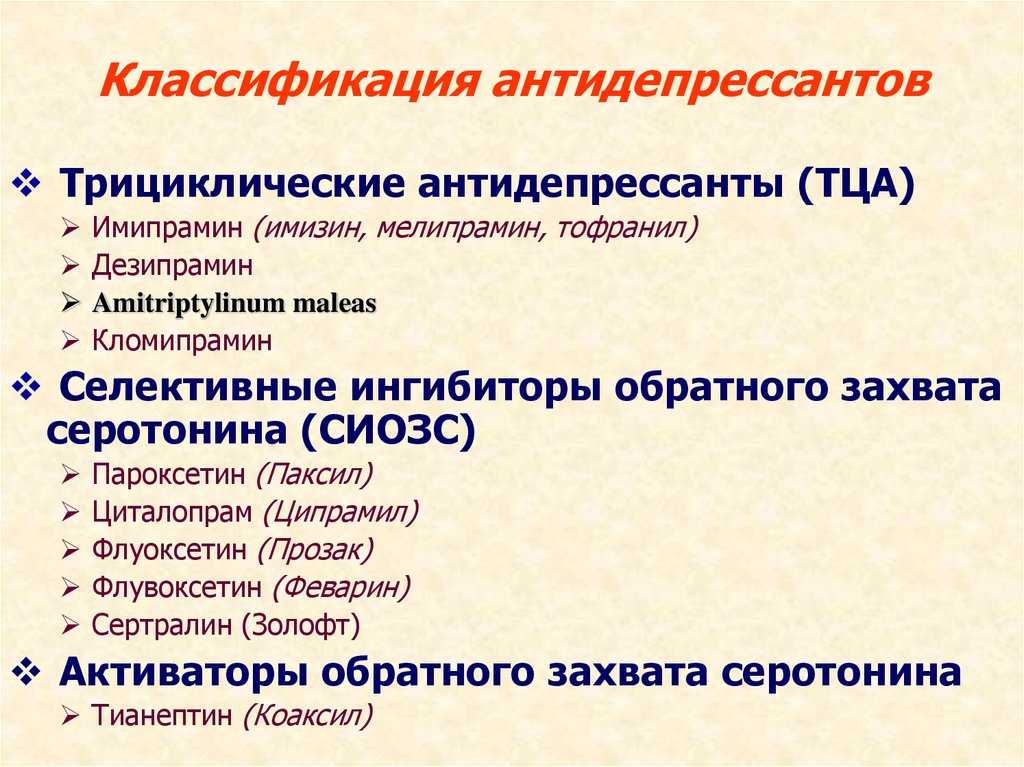
Antidepressants are toxic and damaging to the brain when they artificially increase serotonin levels and alter the metabolic processes in the central nervous system, so people get sick for years after they stop taking it, the scientist said, noting: “When drug doses are reduced or therapy is stopped altogether, the brain having difficulty coping with a sudden drop in neurotransmitter levels, with withdrawal symptoms similar to stopping caffeine, nicotine, or opioids.” Nevertheless, F. Maskin, commenting on the argument of M. Horowitz, believes that reality just shows the benefits of antidepressants for millions of people and a review of the role of these drugs will do more harm than good.
Useful only in the short term
After stopping antidepressants, a withdrawal-like state can last for months or even years. When patients complain of such symptoms, doctors very often mistake them for a return of a depressive disorder and prescribe antidepressants again. Whereas in fact the essence is not in the disease, but in the withdrawal syndrome - the body can no longer do without drugs taken for years.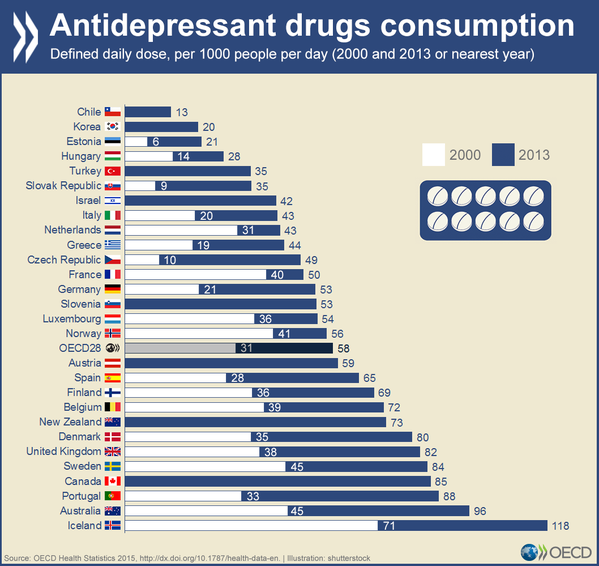 Therefore, patients before starting treatment with antidepressants should be informed about the risk of withdrawal syndrome. The researchers cite updated guidance from the British Royal College of Psychiatrists, which recommends a slow dose reduction over a period long enough to mitigate withdrawal symptoms to a "tolerable level."
Therefore, patients before starting treatment with antidepressants should be informed about the risk of withdrawal syndrome. The researchers cite updated guidance from the British Royal College of Psychiatrists, which recommends a slow dose reduction over a period long enough to mitigate withdrawal symptoms to a "tolerable level."
Antidepressants can only be useful in the short term, concludes M. Horowitz and compares drugs with a cast to stabilize a broken arm. In this regard, the expert warns doctors against being carried away by such drugs when working with children. Horowitz advises taking into account the recent NICE guidelines on depression, which recommend many other treatment options in addition to antidepressants, including cognitive-behavioral therapy, psychological counseling, and exercise.
On the wave of anxiety disorders
The coronavirus pandemic has intensified the wave of depressive disorders, including against the background of forced self-isolation, unemployment and widespread fear-mongering.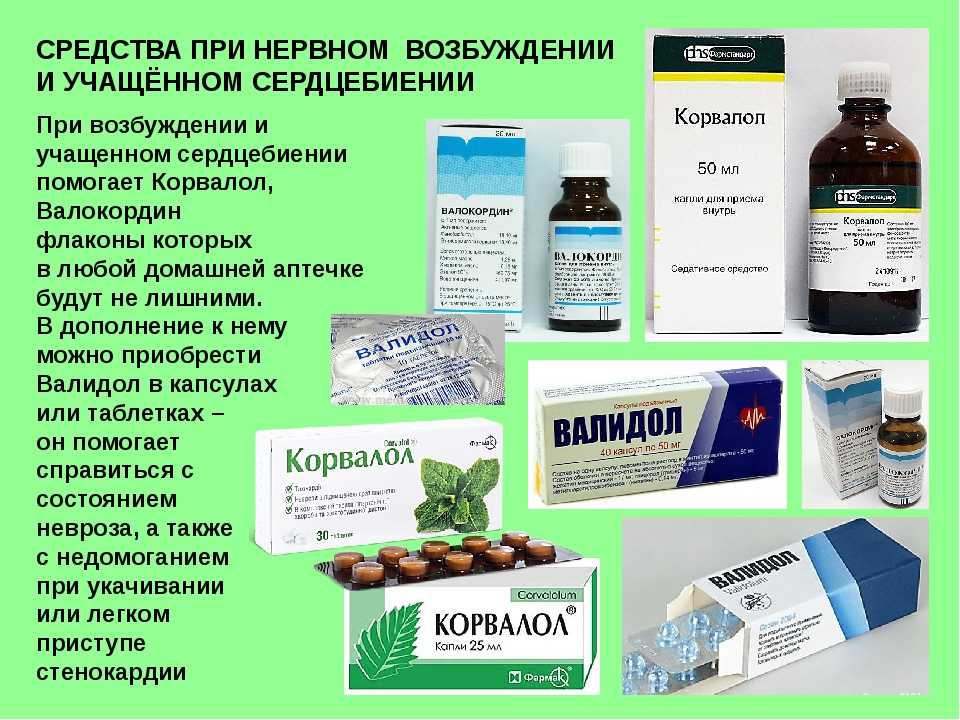 Trying to cope with anxiety, patients seek salvation again in antidepressants. In addition, these drugs are also prescribed by doctors - as a means to combat depression in post-COVID syndrome. For example, since mid-February, sales of antidepressants in Russia have shown a steady increase, says Nikolai Bespalov, RNC Pharma Development Director.
Trying to cope with anxiety, patients seek salvation again in antidepressants. In addition, these drugs are also prescribed by doctors - as a means to combat depression in post-COVID syndrome. For example, since mid-February, sales of antidepressants in Russia have shown a steady increase, says Nikolai Bespalov, RNC Pharma Development Director.
One way or another, when prescribing antidepressants, it is necessary to find a balance between the risks and benefits of therapy. In some cases, as an alternative, you can choose psychotherapeutic and physical exercises, breathing exercises, resort to relaxation methods. In addition, the effect brings compliance with the regime of the day, the intake of trace elements.
Prepared by Lydia LAZAREVA
References:
Horowitz M, Wilcock M. Newer generation antidepressants and withdrawal effects: reconsidering the role of antidepressants and helping patients to stop. Drug and Therapeutics Bulletin 2022;60:7-12.
https://reference.medscape.com/viewarticle/940270
https://www.medscape.com/viewarticle/966680#vp_1
Hoertel N, Sánchez-Rico M, Vernet R, Beeker N, Jannot AS, Neuraz A, Salamanca E, Paris N, Daniel C, Gramfort A, Lemaitre G, Bernaux M, Bellamine A, Lemogne C, Airagnes G, Burgun A, Limosin F; AP-HP / Universities / INSERM COVID-19 Research Collaboration and AP-HP COVID CDR Initiative. Association between antidepressant use and reduced risk of intubation or death in hospitalized patients with COVID-19: results from an observational study. Mol Psychiatry. 2021 Sep;26(9):5199-5212. doi: 10.1038/s41380-021-01021-4. Epub 2021 Feb 4. PMID: 33536545.
Bespalov N. Increased consumption of antidepressants due to the COVID-19 epidemic, Pharmaceutical Bulletin, No. 14, 1012. 2020
Nataliya2022-03-21T11:48:25+03:00 Page load link Go to TopWill there be drugs in Russia in 2022 and what will happen to antidepressants and other psychotropic drugs
Daniil Davydov
medical journalist
Author's profile
We asked psychotherapist Sergei Divisenko to talk about which psychotropic drugs may disappear or become more expensive in the very near future.
The result is a list of drugs, some of which are produced only abroad - most likely, difficulties with them will arise in the near future due to problems with delivery, and funds that, most likely, will not disappear and will not rise in price. These are drugs that have generics that are produced either in Russia or in countries that have not joined the sanctions - for example, India.
What is important to know about psychiatric drugs
In psychiatry, five groups of drugs are most commonly used.
Tranquilizers. Strong sedatives that depress the central nervous system. They are prescribed for anxiety, acute stress reactions, panic attacks.
Antipsychotic drugs: from "basic tranquilizers" to neuroscientific nomenclature - "Psychological Medicine"
Antidepressants. Drugs that normalize the level of neurotransmitters - chemicals through which the nerve cells of the brain exchange information. Antidepressants are given to people with a deficiency or excess of neurotransmitters to relieve symptoms of depression, obsessive-compulsive disorder, generalized anxiety disorder, post-traumatic stress disorder, and bipolar affective disorder.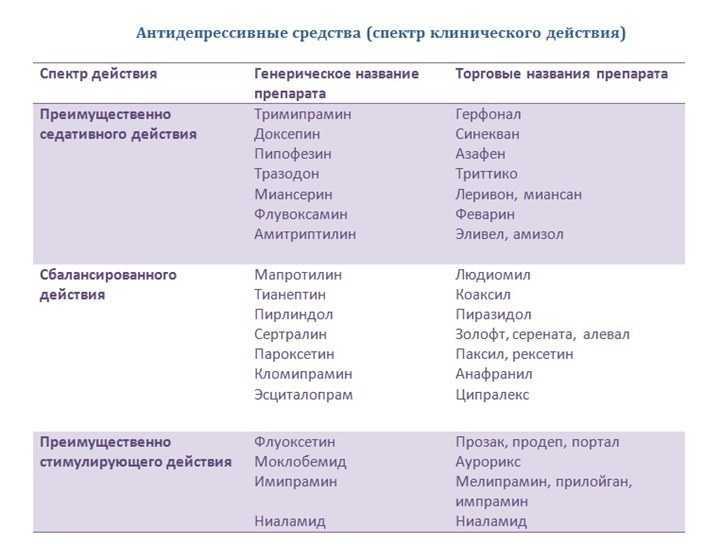
What are antidepressants - a textbook for medical students StatPearls
Normotimics, or mood stabilizers. A group of medicines that are used to treat bipolar disorder.
What are Mood Stabilizers - Medscape Medical Guide
Antipsychotics, or neuroleptics. These drugs either temporarily disable neurotransmitter receptors or bind to receptors instead of neurotransmitters, canceling their action. They are typically used to treat schizophrenia or other psychotic disorders, they are also used to treat bipolar disorder, and sometimes to enhance the effects of other medications in the treatment of depression or anxiety.
What are antipsychotics - StatPearls
What are Z-hypnotics - Journal of the American Medical Association
Sleep aids. This group includes drugs with a different principle of action - both Z-hypnotics, which have a powerful hypnotic effect, similar to tranquilizers by the principle of action, and light sleeping pills - for example, melatonin.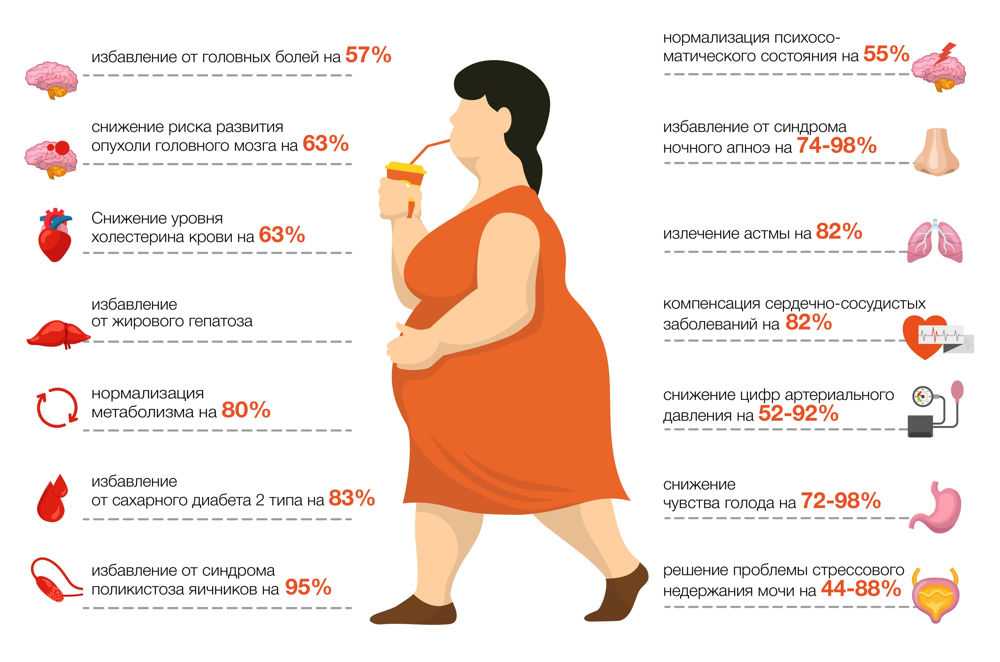
How to deal with insomnia
In addition to these main groups, other drugs are used in psychiatry - for example, the drug Strattera, which is intended to treat attention deficit hyperactivity disorder, or ADHD, in children and adults.
Some psychiatric drugs are new and only produced by overseas companies. Such a medicine can only be replaced by an analogue - a medicine with a different active substance that has a similar effect on the body. Only the attending physician can select such a replacement.
/list/adhd-in-school/
Crop Drawings and Fractional Problems: 7 Techniques to Help Me Learn with ADHD announced its withdrawal from the Russian market. So far, supplies to Russia have been partially limited only by the American company Eli Lilly - it has refused to supply the drug Cialis for the treatment of erectile dysfunction.
However, most drugs have been on the market for a long time, so they have generics - drugs with the same active ingredient that are produced by other manufacturers, including Russian ones.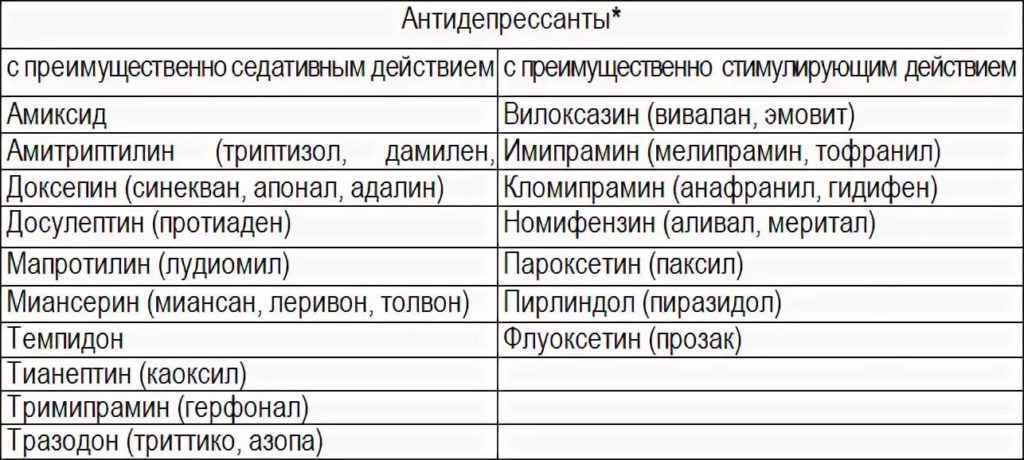
Prices for drugs vary among different network pharmacies and may increase in the near future
Is it possible to replace original imported drugs with Russian generics
Sergey Divisenko
psychotherapist
In most cases, replacing the original drug with a generic will not affect the quality of treatment . At the same time, it is important to understand that approximately 90% raw materials for Russian generics are not produced in our country, but are brought from other countries - India, China, Hungary, Poland. If due to logistical problems there are interruptions in the supply of the active substance, there may be problems with the production of Russian drugs, too. It is believed that stocks of the active substance at Russian pharmaceutical factories will last for about six months. Therefore, the prices of generics have already risen — and most likely will continue to rise in the future.
It is possible that after some time even a Russian generic will cost more. Therefore, I advise my patients to stock up on medications that they take regularly in order to save money. The drugs taken regularly are mood stabilizers, antidepressants and antipsychotics - they can be purchased for 3-6 months.
Therefore, I advise my patients to stock up on medications that they take regularly in order to save money. The drugs taken regularly are mood stabilizers, antidepressants and antipsychotics - they can be purchased for 3-6 months.
But this does not apply to tranquilizers and some sleeping pills, that is, drugs that, as a rule, lose their effectiveness over time. And tranquilizers can be addictive, so taking them for a long time is not recommended. If you are taking a drug from these groups, it is enough to make a supply for 1 month.
How to track the availability of medicines
Interruptions in the supply of drugs and their return to pharmacy chains are discussed in the Mental Health telegram channel. Strictly controlled drugs, which are prescribed only on special prescriptions, can be searched on the website aptekamos.ru. Despite the name, the site shows pharmacies that have the necessary medicine throughout the country, and not just in Moscow.
You can track the position of foreign pharmaceutical companies regarding the supply of medicines to Russia in the regularly updated material of Pharmvestnik.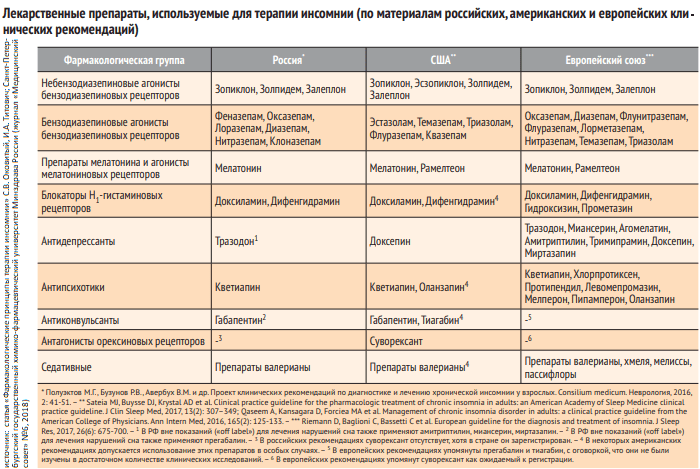
Tranquilizer
GrandaxinInternational name. Tofisopam
Grandaxin — State Register of Medicines, State Drug Administration
What is it. Light Hungarian tranquilizer. He has a lot of Russian-made Russian-made generics - for example, "Tofisopam", "Tofisopam-canon", "Grandapam".
Should I buy in reserve. It is enough to stock the original drug or Russian generics for 1 month.
How much do drugs cost
| Drug | Price |
|---|---|
| Tofisopam-canon | 604 P |
| Grandaxin | 390 Р |
| Tofisopam | 234 P |
Preparation
Price
Tofisopam-canon
604 R
Grandaxin
390 R
Tofisopam
234 R
Tranquilizer
Stresam International name.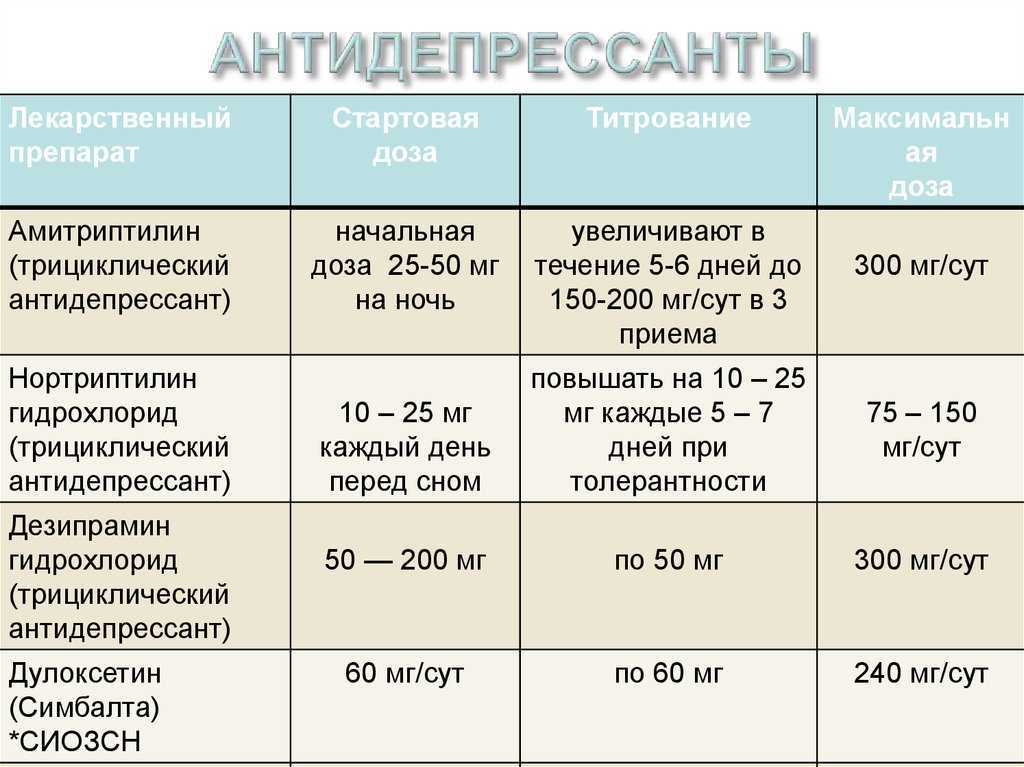 Etifoxin
Etifoxin
Strezam — GRLS
What is it. A slightly stronger tranquilizer than Grandaxin, which is made in France. There are no generics of this drug in the Russian Federation.
Should I buy in reserve. This drug works well at the beginning of treatment, but gradually loses its effectiveness over 4-6 weeks. Therefore, it makes sense to stock the original drug for a maximum of one and a half months.
How much do drugs cost
| Drug | Price |
|---|---|
| Strezam | 625 R |
Preparation
Price
Strezam
625 Р
Tranquilizer
NeurontinInternational name. Gabapentin
Neurontin — GRLS
What is it. An American drug that was developed as an antiepileptic - but later it turned out that it also has an anti-anxiety effect. Neurontin has many Russian generics. For example, "Gabapentin", "Gabapentin-canon", "Konvalis".
Neurontin has many Russian generics. For example, "Gabapentin", "Gabapentin-canon", "Konvalis".
Should I buy in reserve. Unlike other tranquilizers, this drug usually does not lose its effectiveness, so it can be taken for more than a month. Therefore, it makes sense to find out from the doctor, clarify the terms, how much you need to take the medicine, and make a supply for the entire period. You can stock up on both the original drug and its generic.
How much drugs cost
| Drug | Price |
|---|---|
| Neurontin | 886 R |
| Convalis | 569 Р |
| Gabapentin | 377 Р |
drug
Neurrantin
886 R
CONVILIS
569 569 RGabapentin
9000 377 RTranquilizer
Lyrics International name.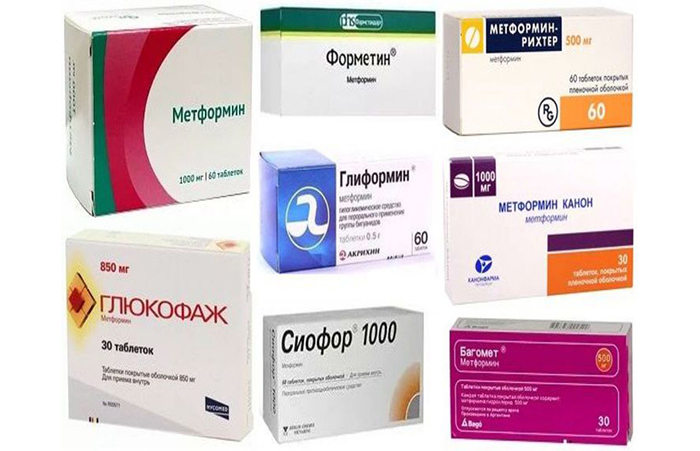 Pregabalin
Pregabalin
Lyrica — GRLS
What is it. Another American drug, which was also originally developed as an antiepileptic. Later it turned out that it has anti-anxiety and analgesic effects - now this remedy is used to treat neuropathic pain. This drug has a lot of generics, including Russian ones. For example, Pregabalin, Pregabalin-SZ, Hungarian Pregabalin Richter.
Should I buy in reserve. Doctors prescribe this drug very rarely and only for very strict indications. It is sold by only a few pharmacies in Moscow. Most likely, this drug will not disappear, it makes little sense to stock up on it. But just in case, if there is such a need, you can purchase a supply of the original product or a Russian generic for a month.
How much do drugs cost
| Drug | Price |
|---|---|
| Lyrica | 570 R |
| Pregabalin Richter | 209 R |
Drug
Price
Lyric
570 R
Pregabalin Richter
9095 9002Benzodiazepine tranquilizer
Phenazepam International name. Bromdihydrochlorophenylbenzodazepine
Bromdihydrochlorophenylbenzodazepine
Phenazepam — GRLS
What is it. A strong tranquilizer that effectively relieves anxiety, but can lead to addiction if used regularly and for a long time. "Phenazepam" is produced only in Russia.
Should I buy in reserve. "Phenazepam" is a strictly controlled drug, it is rarely prescribed. Now he has disappeared from pharmacies - but most likely, this is temporary. If you or your loved ones need this medicine, you need to contact your doctor and find out how it can be replaced.
How much drugs cost
| Drug | Price |
|---|---|
| Phenazepam | from 182 R |
Preparation
Price Benzodiazepine tranquilizer International name. Clonazepam Clonazepam - GRLS What is it. Is it worth buying in reserve . Clonazepam is a strictly controlled drug, it is rarely prescribed. Now both Polish and Russian medicines have disappeared from pharmacies - but most likely this is temporary. If you or your loved ones need this medicine, you need to contact your doctor and find out how it can be replaced. Preparation Price Benzodiazepine tranquilizer International name. Lorazepam Lorafen - GRLS What is it. A strong tranquilizer produced in Poland. There is a Russian generic called Lorazepam. Should I buy in reserve. Preparation Price Lorafen 220 R Benzodiazepine tranquilizer International name. Alprazolam Alprazolam - GRLS What is it. Russian pharmacies receive only Russian-made drugs. Should I buy in reserve. This drug has not been available in Russian pharmacies for a very long time. Until now, other benzodiazepine tranquilizers have been prescribed instead - for example, Phenazepam or Clonazepam. SSRI antidepressants International name. Sertraline Zoloft - GRLS What is it. The most prescribed antidepressant produced in Italy and Germany. It does not have Russian generics, but there are two Indian ones - "Serenata" and "Serlift". Should I buy in reserve. The manufacturing company is not going to stop the supply of Zoloft to Russia. With Indian generics, most likely, there will also be no interruptions - although they often cost more than the original drug. Probably, the drug will not disappear from pharmacies, but the price may increase. Antidepressants are usually taken for a long time, so it makes sense to stock up on medicine for 2-3 months. drug 9000 SSRI antidepressants International name. Cipralex - GRLS What is it. Danish-made antidepressant. Escitalopram-based drugs are the second most popular antidepressant after sertraline. The expensive original Cipralex has a lot of generics: for example, the Russian Escitalopram-SZ, the Polish Elicea Ku-tab, the Hungarian Lenuksin. Should I buy in reserve. It is unlikely that the originator drug or its generics will disappear from pharmacies, but their prices may increase markedly. If you are taking a drug with escitalopram, it makes sense to stock up on it for 2-3 months. drug 9000 SSRI antidepressants International name. Fevarin — GRLS What is it. "Fevarin" is the third most commonly used and most important antidepressant from the SSRI group, which is produced in the Netherlands. There are Russian generics: for example, pharmacies have Rokona. Should I buy in reserve. It is unlikely that Fevarin or its generics will disappear from the market - but their prices may rise significantly. It makes sense to stock up on a medicine or its generic for 2-3 months. Preparation Price Rokona 1150 R Fevarin 849 R SSRI antidepressants International name. Fluoxetine Prozac - GRLS What is it. Is it worth buying in reserve . Prozac has not been sold in Russia for a long time. However, its generics are still the most inexpensive of the SSRI antidepressants. They will not disappear from the market and are unlikely to rise in price much. But if you take drugs with fluoxetine, just in case, it makes sense to stock up on them for 1-2 months. Preparation 9000 SSRI antidepressants International name. Paxil - GRLS What is it. An antidepressant produced in Polish and Russian factories. This drug has a lot of generics, including Russian ones. For example, Paroxetine and Paroxetine-SZ. Should I buy in reserve. This antidepressant has more side effects than other SSRI drugs. Therefore, it is not prescribed very often, and it is unlikely to be in short supply. Those people who are still suitable for drugs with paroxetine do not need to stock up on them. Preparation Serotonin and norepinephrine reuptake inhibitor antidepressants Effexor International name. What is it. The original drug has not been sold in Russia for a very long time, but there are a lot of generics. For example, the Russian Venlafaxin and Venlafaxin-ALSI, the Latvian Venlaxor. Should I buy in reserve. Generics of this drug are unlikely to disappear from pharmacies. Prices for it are also unlikely to rise significantly. It is not necessary to stock up on this drug. drug 269 R Serotonin and norepinephrine reuptake inhibitor antidepressants International name. Duloxetine Simbalta - GRLS What is it. Should I buy in reserve. So far there is Simbalta in Russia, but it is already very expensive. Generics of this drug are unlikely to disappear from pharmacies - although their prices may rise. Just in case, you can make a reserve for 2-3 months. drug 9000 Serotonin and norepinephrine reuptake inhibitor antidepressants International name. Ixel - GRLS What is it. A unique French drug that belongs to the same class of drugs as SNRI antidepressants. Used to treat certain types of depression. Also, the norepinephrine effect of milnacipran blocks pain signals in the brain, so it is used to treat fibromyalgia - severe soreness in the muscles. There are no officially registered generics in Russia. Should I buy in reserve. If the supply of this drug to Russia stops, it will not be possible to replace it. People who take this drug need to make a supply of it. But to understand how much medicine to buy, you need to consult with your doctor. Preparation Price Ixel 1775 R Antidepressants from other groups International name. Brintellix — GRLS What is it. This is a new antidepressant produced in Denmark. This drug has no analogues and generics. Should I buy in reserve. The manufacturer, the Lundbeck company, does not plan to stop deliveries to Russia, so the drug should not disappear from pharmacies in the near future. However, this expensive drug may further increase in price due to logistics difficulties. If only this drug is suitable for you and other antidepressants are not suitable, it is worth discussing with your doctor whether it is worth making a supply for 2-3 months. Preparation Price Brintellix 1890 Р Serotonin and norepinephrine reuptake inhibitor antidepressants International name. Mirtazapine Canon - GRLS What is it. The drug is so old that the original has long since disappeared from the market. He has many generics, including the Russian "Mirtazapin-canon" and the Croatian "Calixta". Should I buy in reserve. This drug is unlikely to run out of stock or become very expensive. They don't need to stock up. Calixta 980 R Mirtazapine-canon 9001 9095 9002 Serotonin and norepinephrine reuptake inhibitor antidepressants International name. Trazodone Trittiko - GRLS What is it. Italian-made antidepressant, which is more often prescribed as a sleeping pill and as a corrector for side effects associated with libido disorders. Should I buy in reserve. It is unlikely that there will be a shortage of this drug - after all, it will be prescribed quite rarely. Nevertheless, if you have been prescribed it, you can buy it for 2-3 months in advance. Preparation Price Trittiko 1236 R Normotimics International name. Lamotrigine Lamictal - GRLS What is it. A very old drug from the British company GSK (GlaxoSmithKline), which was originally invented for the treatment of epilepsy - and then it turned out that it can also stabilize mood. He has a lot of generics: for example, the Russian Lamotrigine and Lamotrigine Canon, the Indian Lamitor. Should I buy in reserve. This drug is unlikely to disappear, so it makes no sense to stock up on it. Preparation Price Lamotrigine Canon 408 R Lamitor 404 R Lamotrigine 293 R Normotimics International name. Derivative of valproic acid - sodium valproate. Depakin — GRLS What is it. A French drug manufactured by Sanofi. Representatives of the company said that they would not limit the supply of the drug - however, due to difficulties with delivery, it may disappear from pharmacies or noticeably rise in price. Should I buy in reserve. Generics of this drug are unlikely to rise in price or disappear from the Russian market, so there is no point in stocking them up. drug price convo 1399 R Depakin 283 R ENCORATO-KHRONO 122 R Normotimics International name. Carbamazepine Finlepsin — GRLS What is it. Should I buy in reserve. The drug is unlikely to disappear from sale, but now it is not available in all pharmacies. Consult your doctor if it is worth buying it in reserve. Drug Price Carbamazepine from 137 Р Normotimics International name. Oxcarbazepine Trileptal - GRLS What is it. Relatively new Swiss normotimic, it has few generics. Two are produced in Russia: Oxcarbazepine and Oxcarbazepin-nativ, but now they are not on sale. Should I buy in reserve. The Swiss company Novartis, which produces Trileptal, has not yet announced the termination of drug supplies to Russia. There are a lot of stocks of this drug in pharmacies and warehouses, so it is unlikely that it will disappear from pharmacies or rise in price in the near future. There is no point in purchasing. Drug Price Trileptal 349 R Normotimics International name. Lithium carbonate Sedalite — GRLS What is it. Normotimik, which is produced by different countries, but in Russia there is only a Russian-made drug. Very cheap, available everywhere. It won’t disappear from pharmacies, it makes no sense to stock up. Should I buy in reserve. Very cheap drug, available everywhere. It won’t disappear from pharmacies, it makes no sense to stock up. Preparation Price Sedalit 105 R Antipsychotics International name. Quetiapine Seroquel - GRLS What is it. An old British-made antipsychotic. The drug has many generics, including Russian ones. For example, Quetiapin, Quetiapin Vertex, Quetiapin Canon, Croatian Servitel, Slovenian Quentiax and many other drugs. Should I buy in reserve. It is unlikely that the drug will disappear from pharmacies or become very expensive. It makes no sense to buy it for the future. drug Quetiapin-Canon 2041 R 1089 R Cvetiapin-Vertex 311 R Antipsychotics International name. Aripiprazole Aripiprazole — GRLS What is it. The original drug has not been on sale in Russia for a long time. But this drug has generics. These are the Russian Ralotex and Zilaxera, the Croatian Ariprizol, the Hungarian Amdoal. Should I buy in reserve. It is unlikely that the drug will disappear from pharmacies, but the price of it may increase. Consult your doctor if it is worth buying it in reserve. drug Antipsychotics International name. Risperidone Rispolept — GRLS What is it. A very old American antipsychotic. The drug has a lot of generics: Russian "Risperidon-canon", "Risperidon", "Risperidon-organic" and many other drugs. Should I buy in reserve. It is unlikely that the drug will disappear from pharmacies. It makes no sense to buy it for the future. Preparation 136 R Antipsychotics International name. Zyprexa - GRLS What is it. A Swiss antipsychotic manufactured by the American company Eli Lilly. In March 2022, this pharmaceutical company announced that it was stopping the supply of several drugs to Russia - but Zyprexa was not among them. In addition, this medicine has a lot of generics, including Russian ones: Olanzapine, Olanzapine-Canon, Olanzapine-SZ, Hungarian Egolanza, Polish Zolafren Quick. Should I buy in reserve. Although there will be no originator drug on the market, generics will remain. There is no point in stocking up on Zyprexa. Preparation Price Olanzapin 569 R Olanzapin-Canon 265 265 265 Olanzapin-SZ 209 R Sleeping pills International name. Andante — GRLS What is it. Hungarian sleeping pill, which has only one Polish generic - "Sonata-adamed". Should I buy in reserve. Although this drug is not produced in the Russian Federation, Polish pharmaceutical companies have not yet announced their withdrawal from the Russian market. Now you can only find "Sonata-Adamed" for sale. However, if you already have a package of this drug, you should not buy it for future use. Preparation Price Sonata-adamed 511 R Sergey Divisenko Psychotherapist Preparations with a gulp belong to the Z-gypnic class. By action, these drugs resemble tranquilizers - this means that they cannot be taken for a long time. If you did not have time to buy a medicine before it disappeared from pharmacies or the price went up, consult your doctor - he will tell you which drug can replace it. This can be either an antidepressant with a hypnotic effect, such as mirtazapine or trazodone, or a 2nd generation antipsychotic, such as quetiapine. Sleeping pills International name. Melatonin Melatonin — GRLS What is it. Melatonin preparations and supplements help you fall asleep faster and sleep better. They are produced in all countries. For example, Melatonin, Melatonin-SZ, Melarithm are made in Russia. Should I buy in reserve. Medicines and supplements with melatonin will not disappear from pharmacies and are unlikely to rise in price, there is no point in buying them. drug Melatonin-SZ 400 r Melatonin 404 R Sleeping pills International name. Doxylamine Donormil — GRLS What is it. French sleeping pill, which is allowed for pregnant women. The drug has many generics, including Russian ones: Doxylamine Organic, Doxylamine-SZ, Slovenian Slipzon. Should I buy in reserve. The drug will not disappear from pharmacies and is unlikely to rise in price, there is no point in buying it. drug 9000 Sleeping pills International name. Valdoxan — GRLS What is it. A French drug that has a hypnotic effect. Some doctors use it to treat insomnia that other drugs don't work for. Generics are produced in Russia - for example, Agomelatine and Agteminol, but so far they are not on sale. Should I buy in reserve. Most likely, Valdoxan will not disappear from the market and is unlikely to become much more expensive, so it makes no sense to stock up on them. Preparation Price Valdoxan 1499 Р Drug for the treatment of ADHD in children and adults International name. Atomoxetine Strattera — GRLS What is it. American drug manufactured by Eli Lilly.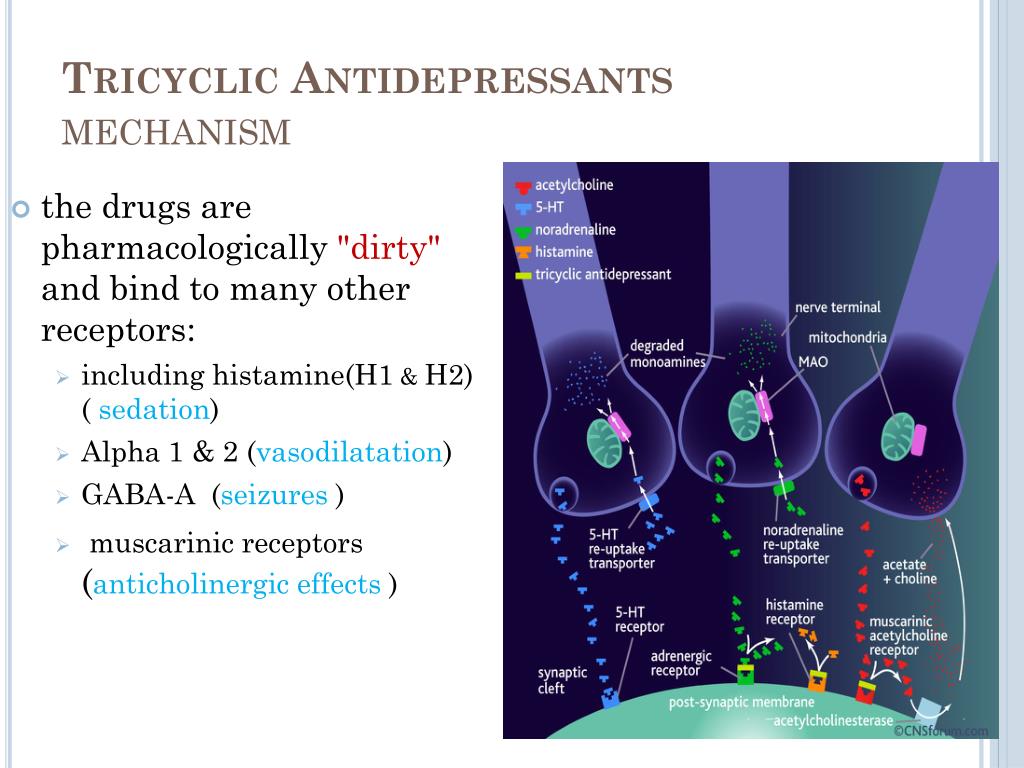 A strong tranquilizer produced in Poland. There is a Russian generic, which is also called "Clonazepam".
A strong tranquilizer produced in Poland. There is a Russian generic, which is also called "Clonazepam".
Preparation Price Clonazepam from 109 R 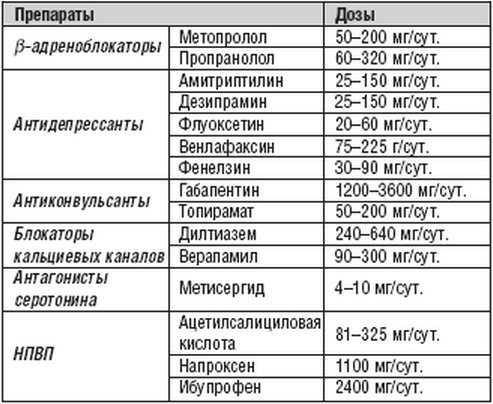 "Lorafen" is a strictly controlled drug, it is rarely prescribed. Now both Polish and Russian medicines have disappeared from pharmacies - but most likely this is temporary. If you or your loved ones need this medicine, you need to contact your doctor and find out how it can be replaced.
"Lorafen" is a strictly controlled drug, it is rarely prescribed. Now both Polish and Russian medicines have disappeared from pharmacies - but most likely this is temporary. If you or your loved ones need this medicine, you need to contact your doctor and find out how it can be replaced.
Preparation Price Lorafen 220 R
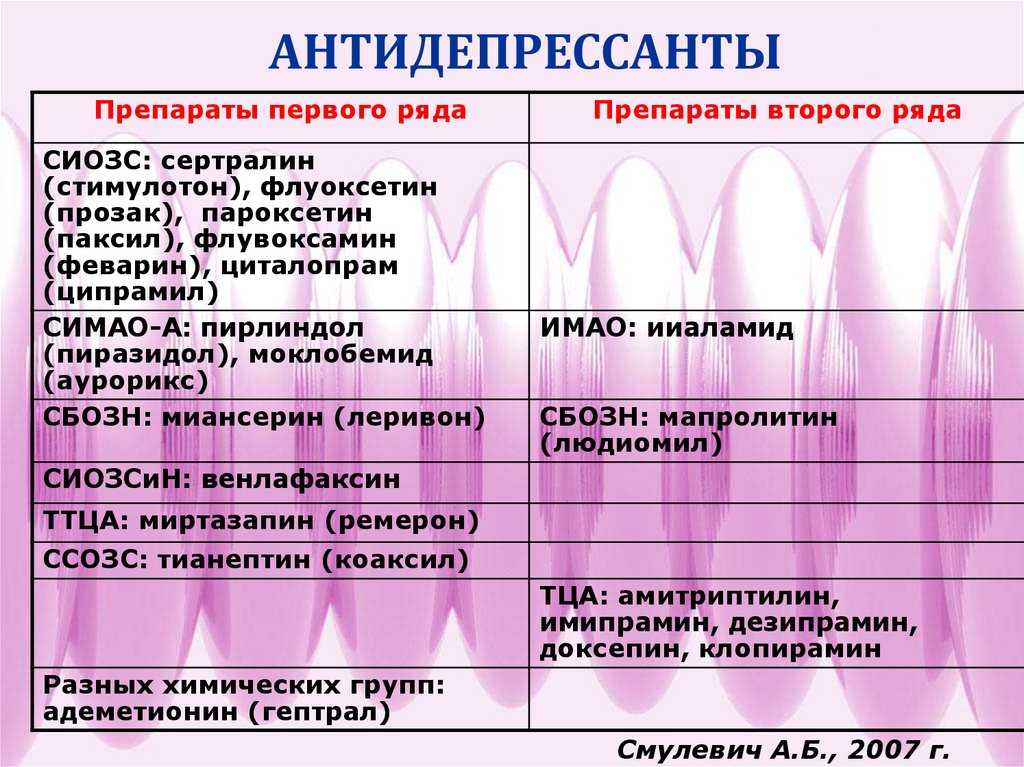
How much drugs cost
Drug Price Serenata 591 Р Zoloft 520 R Sirlift 298 Р 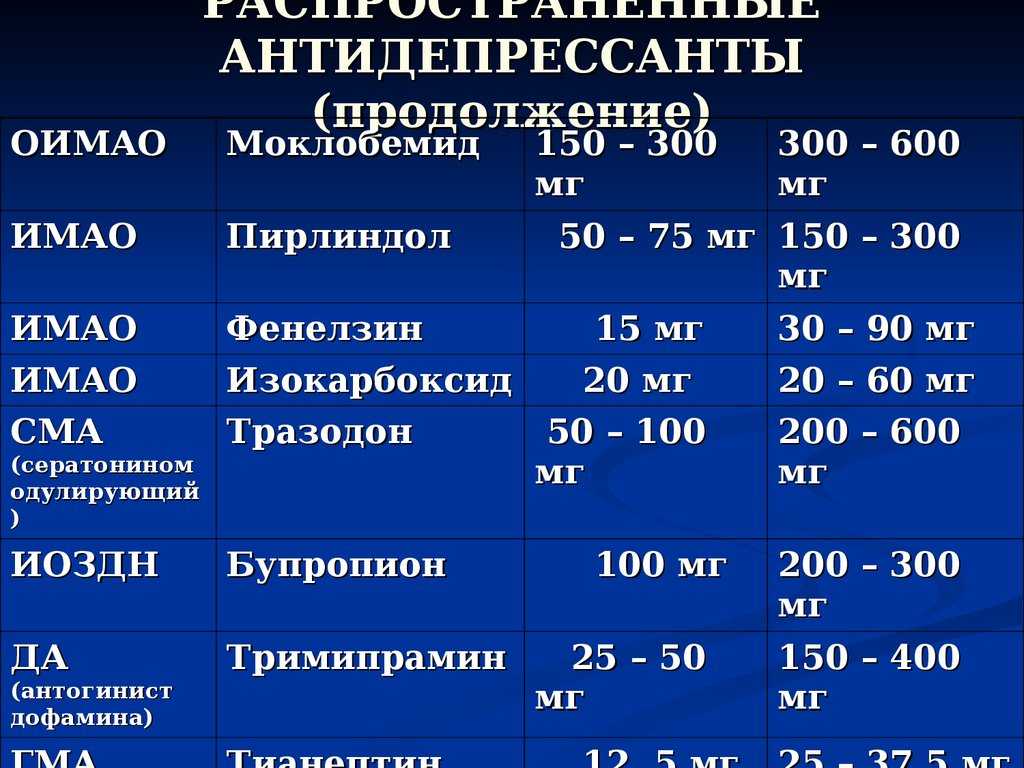 Escitalopram
Escitalopram How much do drugs cost
Drug Price Cipralex 2519 P Elycea Ku-tab 685 P Escitalopram-SZ 363 R 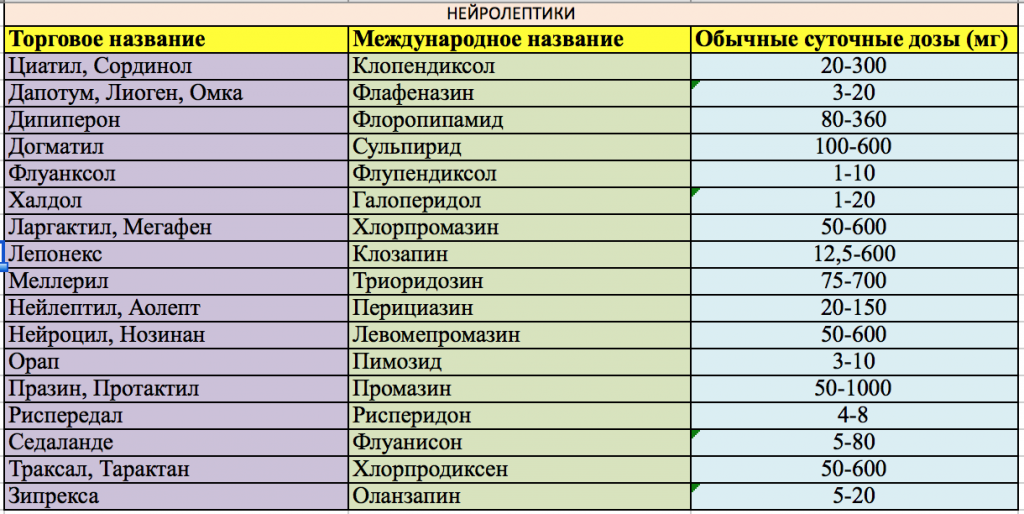 Fluvoxamine
Fluvoxamine How much do drugs cost
Drug Price Rokona 1150 R Fevarin 849 Р
 The oldest and cheapest drug from the group of selective reuptake inhibitors, which is produced by the American company Eli Lilly. This remedy has many generics: for example, the Russian Fluoxetine and Fluoxetine-Canon, and the Austrian Fluoxetine-Lannacher.
The oldest and cheapest drug from the group of selective reuptake inhibitors, which is produced by the American company Eli Lilly. This remedy has many generics: for example, the Russian Fluoxetine and Fluoxetine-Canon, and the Austrian Fluoxetine-Lannacher. How much do drugs cost
Drug Price Fluoxetine-canon from 147 R Fluoxetine Lannacher 119 Р Fluoxetine 57 R  Paroxetine
Paroxetine How much drugs cost
Drug Price Paxil 364 P Paroxetine 313 R Paroxetine-SZ 231 P 014
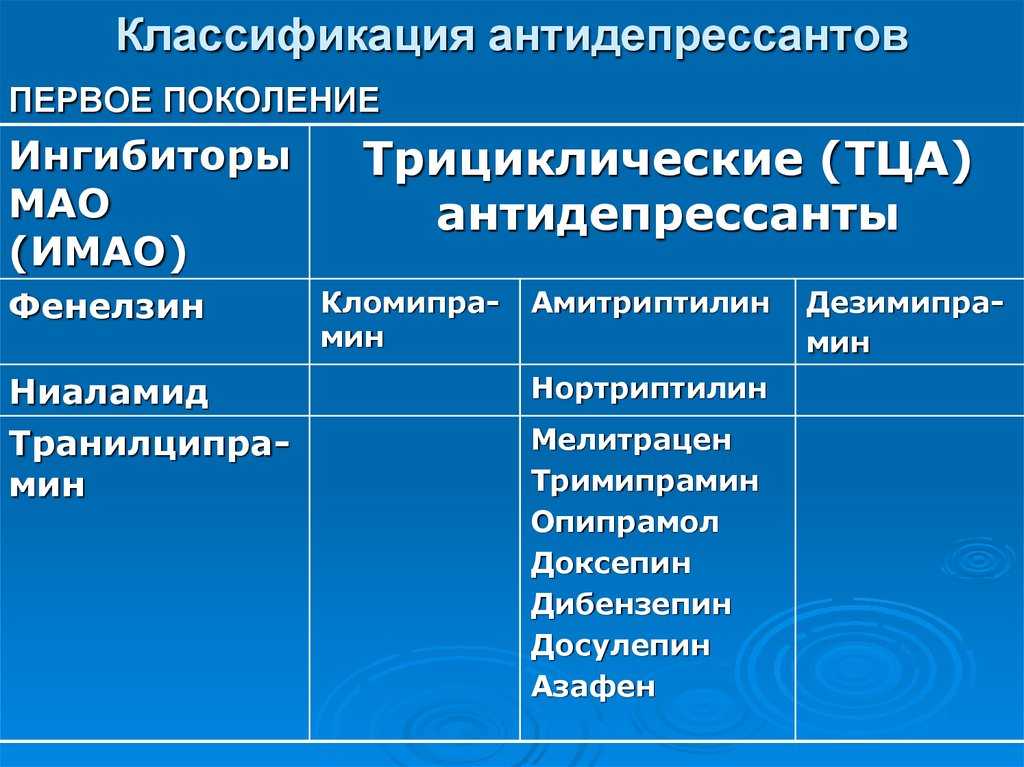 Venlafaxine
Venlafaxine How much drugs cost
Drug Price Venlaxor 905 P Venlafaxine 430 P Venlafaxine-ALSI 269 Р 014
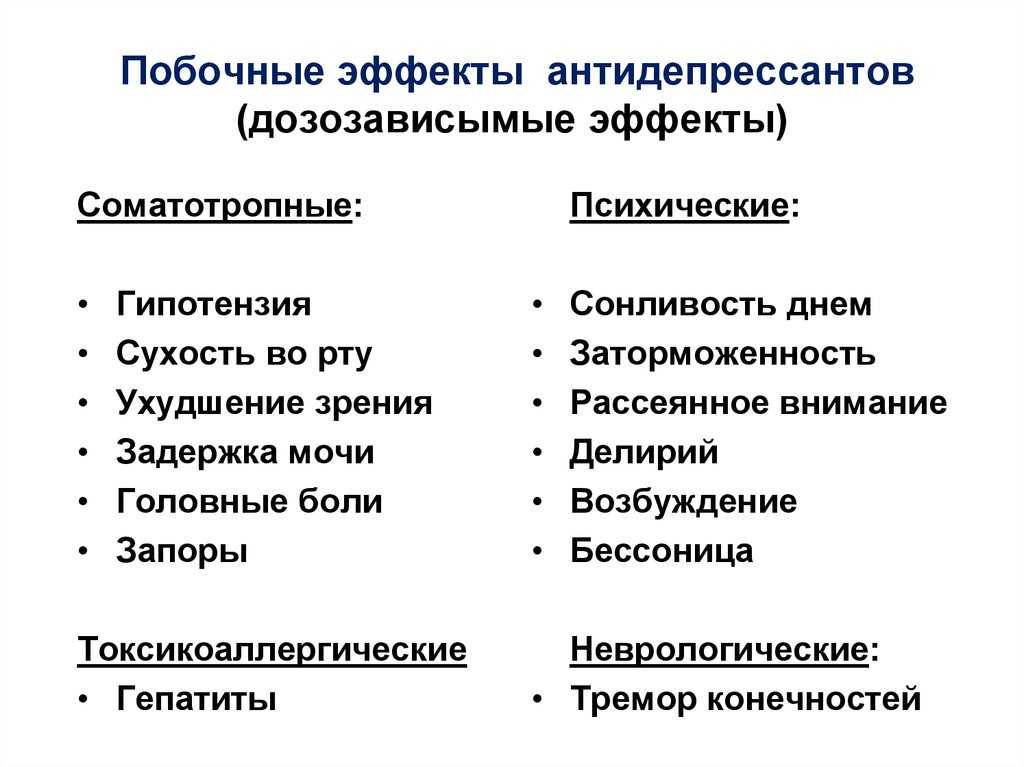 An antidepressant produced by the American company Eli Lilly. In March 2022, this pharmaceutical company announced that it was stopping the supply of several drugs to Russia - but Simbalta was not among them. This drug has many generics - for example, the Russian "Duloxetine-Canon", the Slovenian "Duloxenta" and the Polish "Depratal".
An antidepressant produced by the American company Eli Lilly. In March 2022, this pharmaceutical company announced that it was stopping the supply of several drugs to Russia - but Simbalta was not among them. This drug has many generics - for example, the Russian "Duloxetine-Canon", the Slovenian "Duloxenta" and the Polish "Depratal". How much do drugs cost
Drug Price Simbalta 3670 R Duloxetine-canon 2199 P Duloxenta 800 R 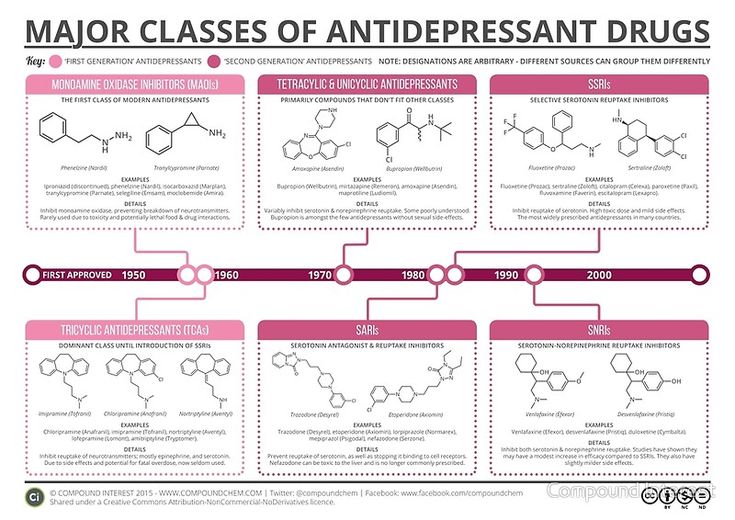 Milnacipran
Milnacipran How much drugs cost
Drug Price Ixel 1775 R
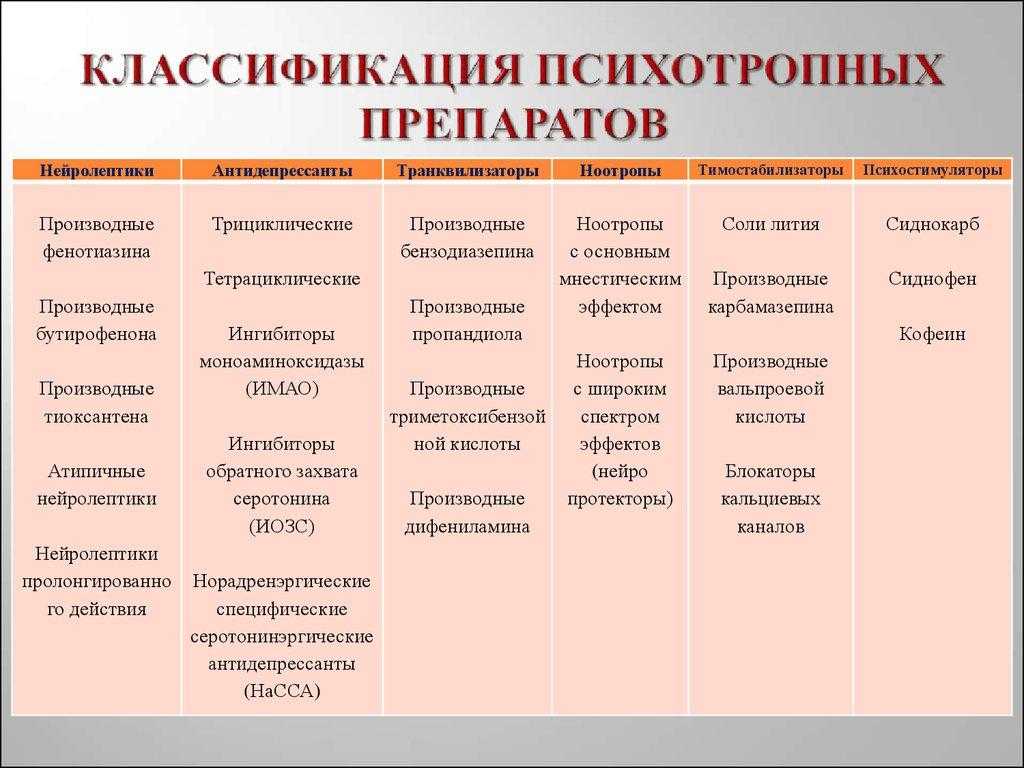 Vortioxetine
Vortioxetine How much drugs cost
Drug Price Brintellix 1890 R
 Mirtazapine
Mirtazapine How much do drugs cost
Drug Price Calixta 980 R Mirtazapine-canon 693 Р 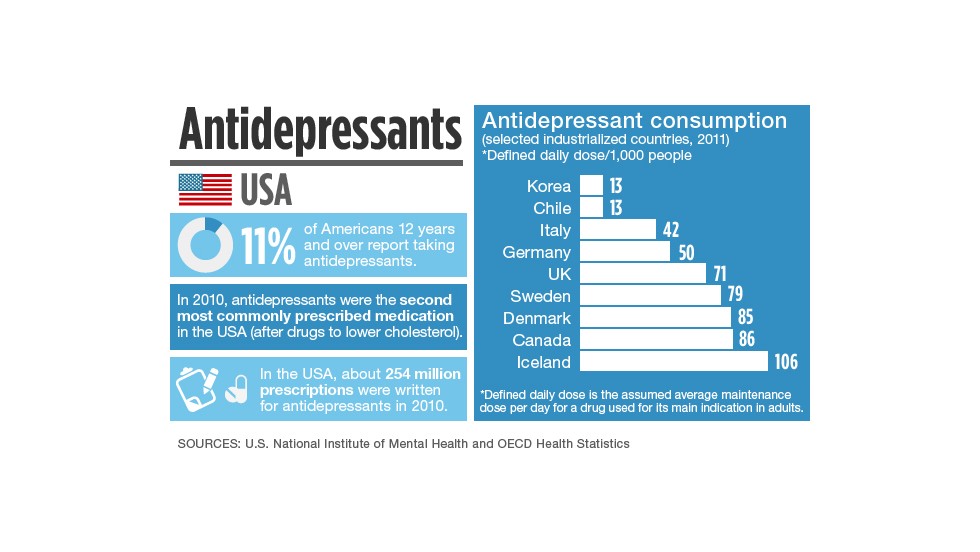 There are no generics.
There are no generics. How much do drugs cost
Preparation Price Trittico 1236 P
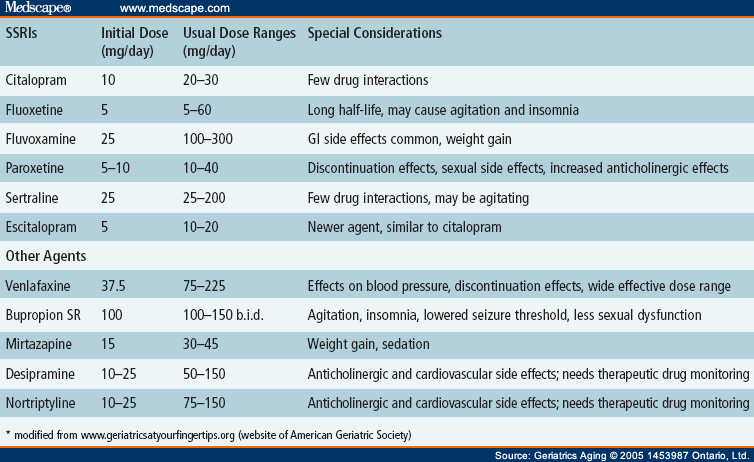
How much do drugs cost
Drug Price Lamotrigine-canon 408 P Lamitor 404 P Lamotrigine 293 Р
 However, this normotimic has many generics, for example, the Russian "Konvuleks" and the Indian "Enkorat-chrono". However, this normotimic has many generics, for example, the Russian "Konvuleks" and the Indian "Enkorat-chrono".
However, this normotimic has many generics, for example, the Russian "Konvuleks" and the Indian "Enkorat-chrono". However, this normotimic has many generics, for example, the Russian "Konvuleks" and the Indian "Enkorat-chrono". How much do drugs cost
Drug Price Convulex 1399 Р Depakine 283 R Encorate Chrono 122 Р
 Normotimik of the German pharmaceutical company Menarini-Von Heiden, which has many generics, including Russian ones. For example, Carbamazepine-avexima, Carbamazepine, Carbamazepine-ALSI, Indian Zeptol, Italian Tegretol.
Normotimik of the German pharmaceutical company Menarini-Von Heiden, which has many generics, including Russian ones. For example, Carbamazepine-avexima, Carbamazepine, Carbamazepine-ALSI, Indian Zeptol, Italian Tegretol. How much do drugs cost
Drug Price Carbamazepine from 137 R
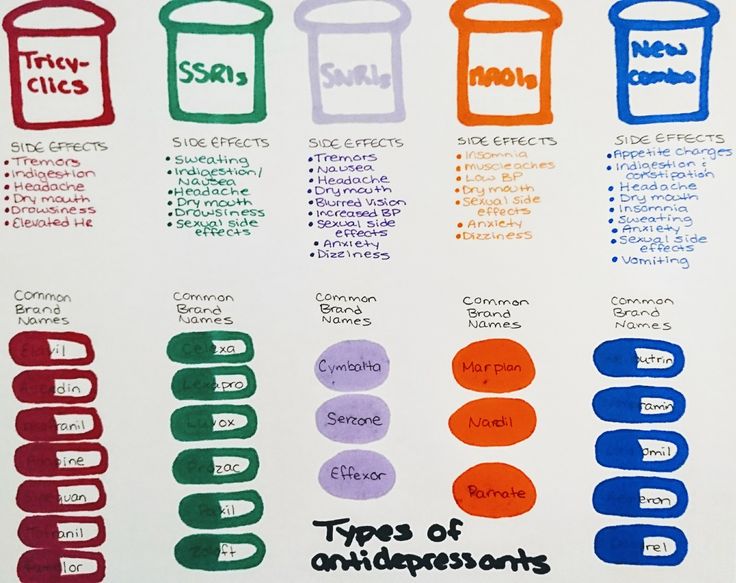
How much drugs cost
Drug Price Trileptal 349 Р

How much do drugs cost
Drug Price Sedalite 105 R

How much drugs cost
Drug Price Quetiapine-canon 2041 R Quetiapine 1089 Р Quetiapine Vertex 311 P
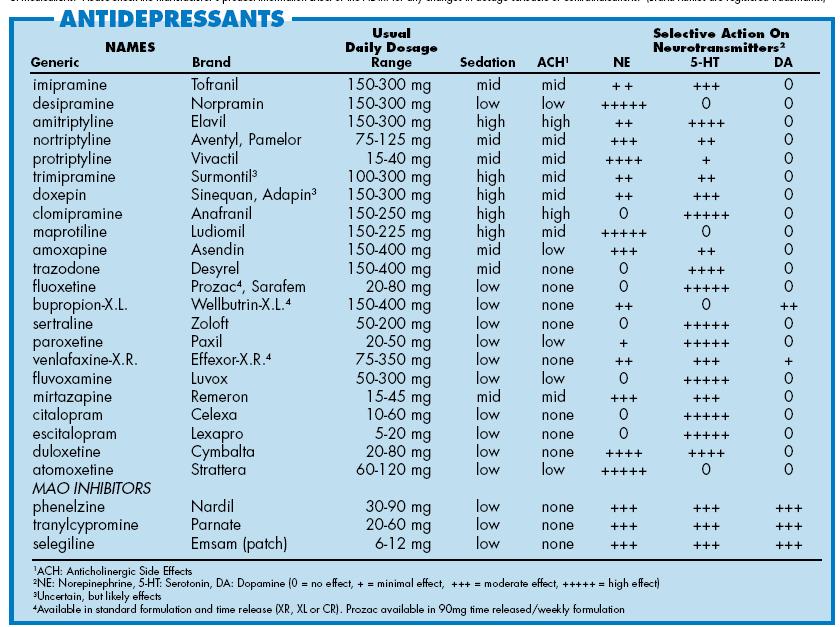
How much drugs cost
Drug Price Amdoal 7040 P Zilaxera 4149 R Aripizol 3950 R 014
How much drugs cost
Drug Price Risperidone 308 P Risperidone-canon 153 P Organic risperidone 136 P 014
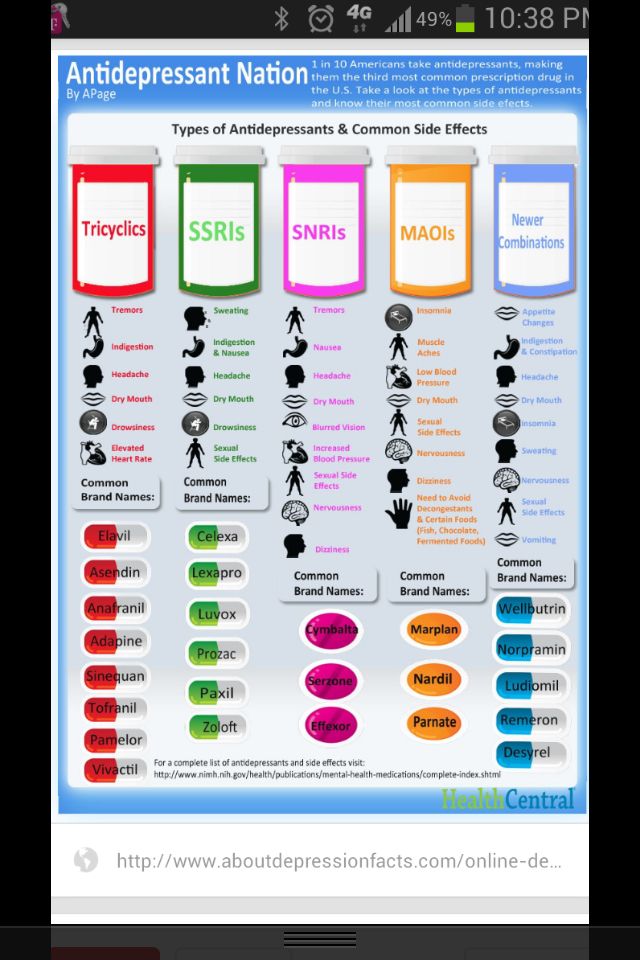 Olanzapine
Olanzapine How much do drugs cost
Drug Price Olanzapine 569 Р Olanzapine-canon 265 P Olanzapine-SZ 209 R
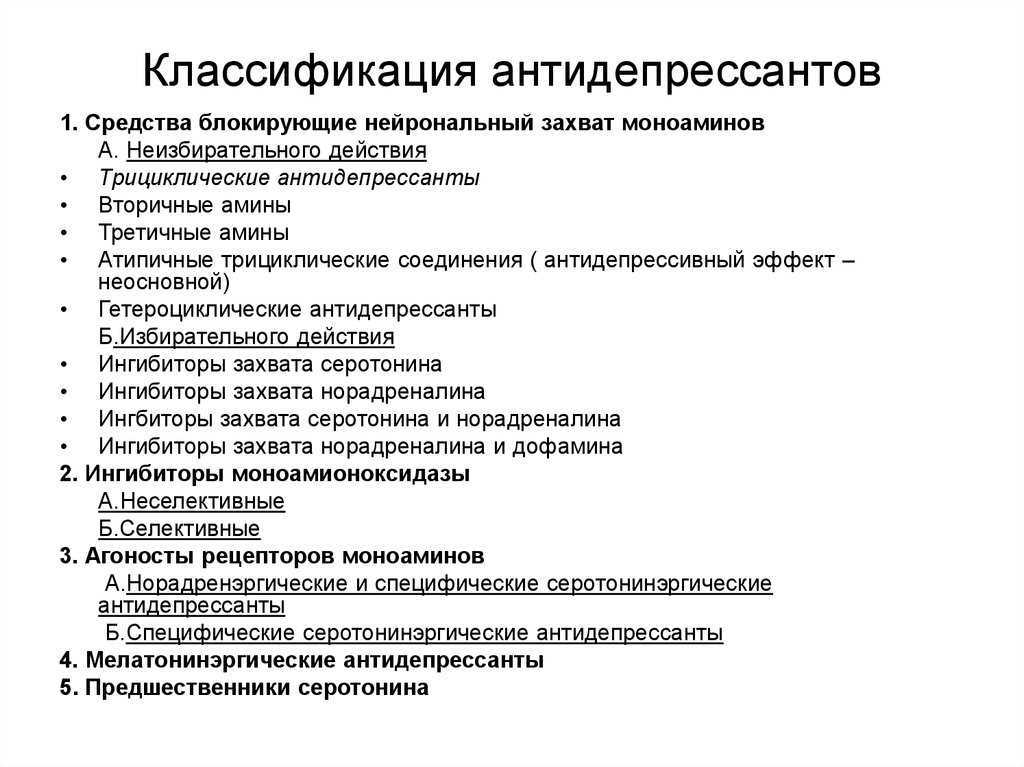 Zaleplon
Zaleplon How much do drugs cost
Drug Price Adamed Sonata 511 R Why doesn’t it make sense to make the Sonata-Andamed reserves
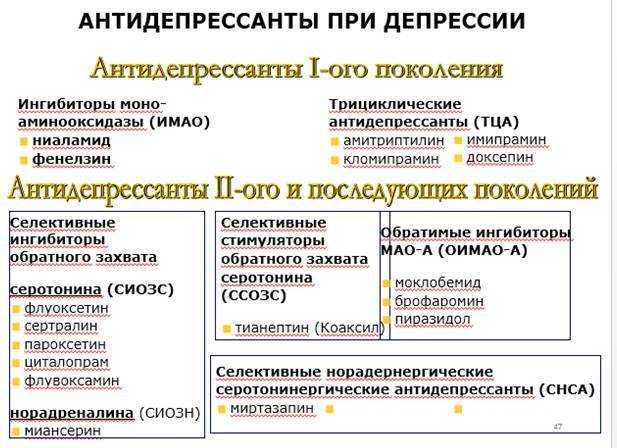 If you have already purchased one package, you should not stock up on medicine for the future. The package is enough to complete the course.
If you have already purchased one package, you should not stock up on medicine for the future. The package is enough to complete the course.
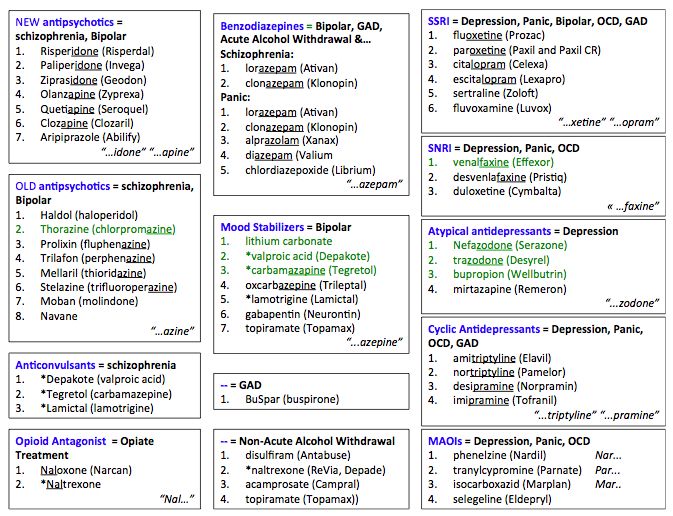
How much drugs cost
Drug Price Melatonin-SZ 400 R Melatonin 404 P Melarithm 318 R 014
How much do drugs cost
Preparation Price Slipzon 305 P Doxylamine-SZ 149 Р Organic doxylamine 96 P 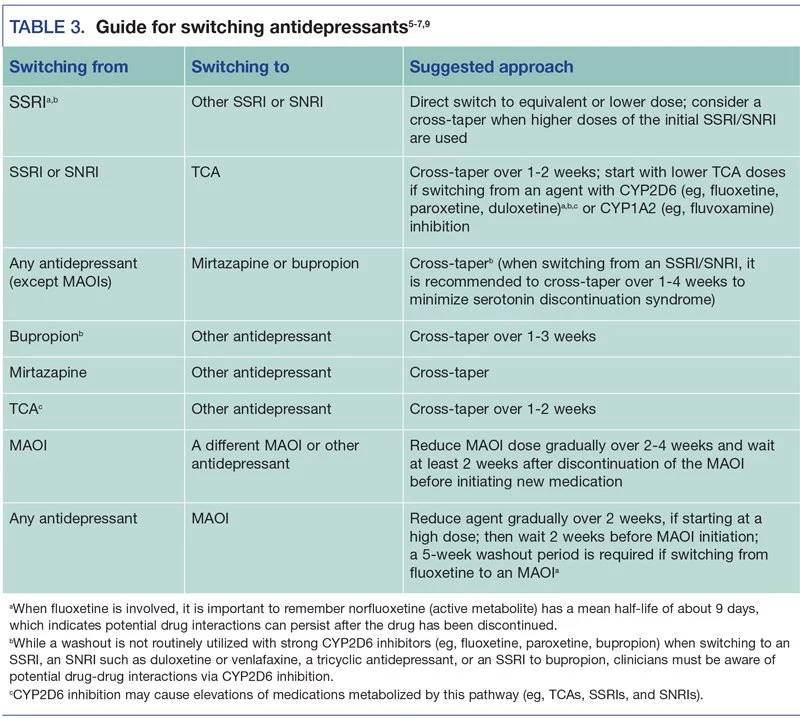 Agomelatine
Agomelatine How much drugs cost
Drug Price Valdoxan 1499 Р

